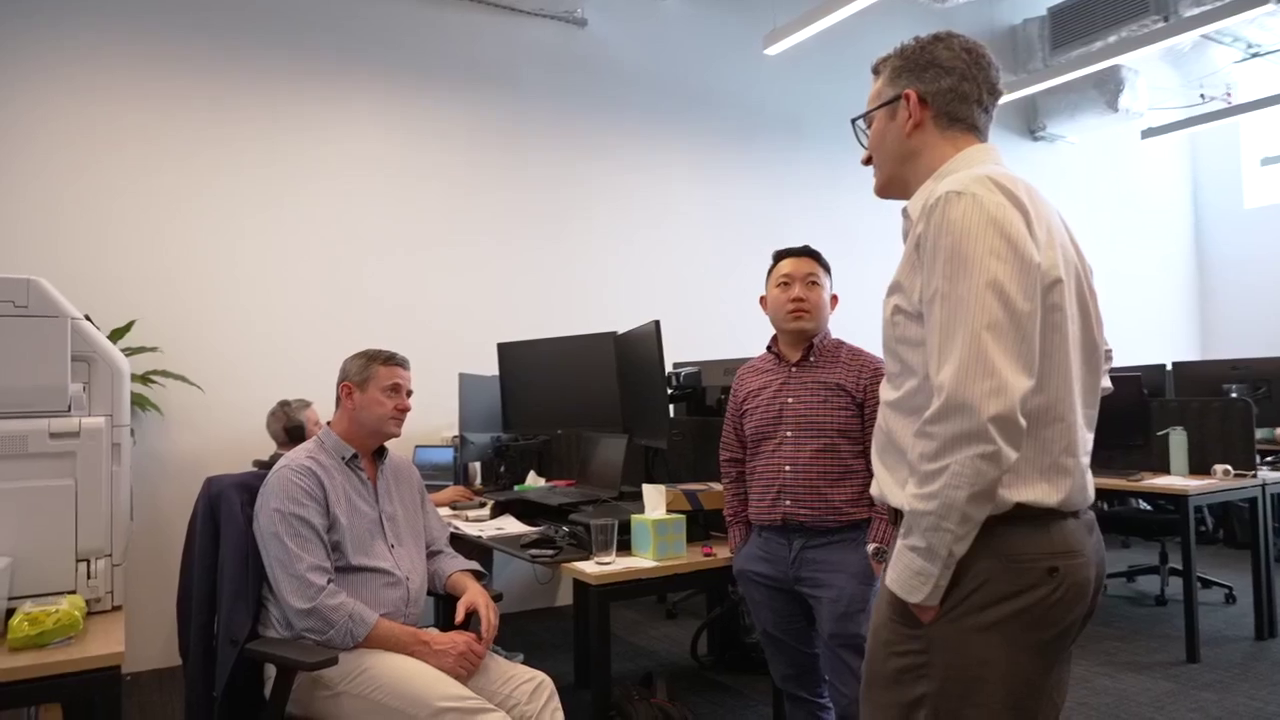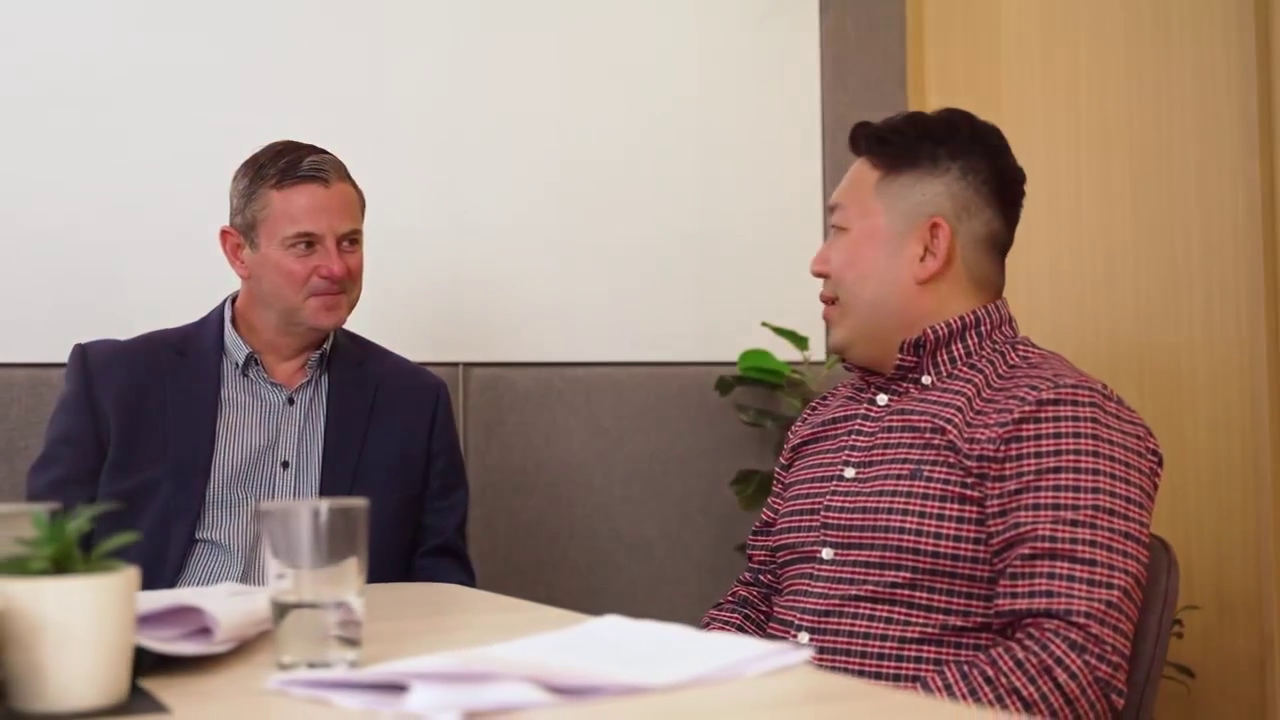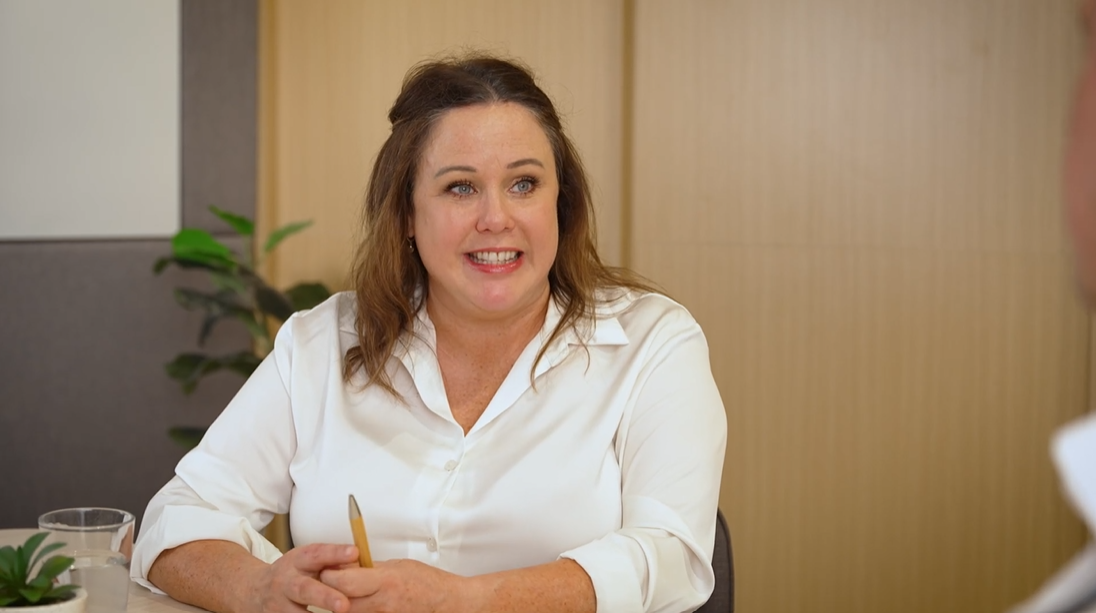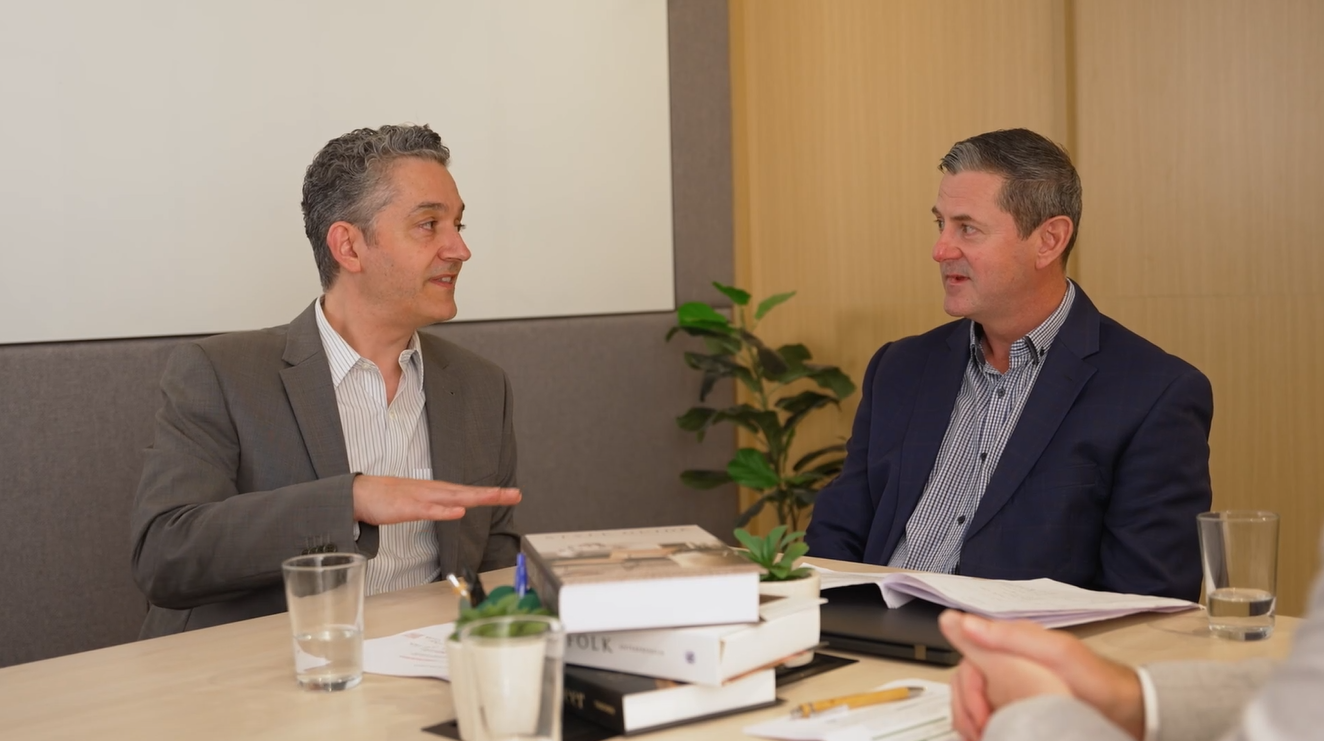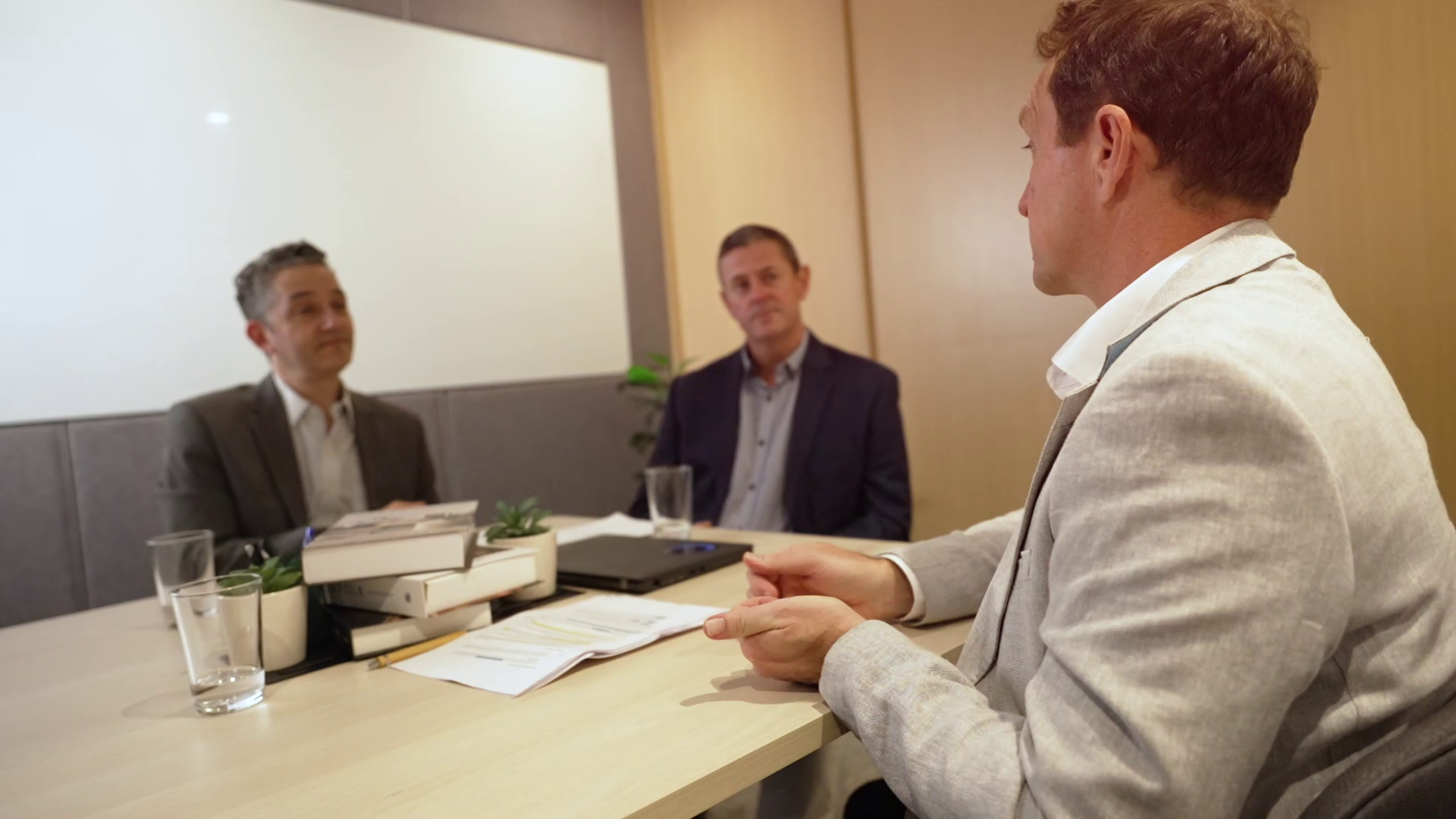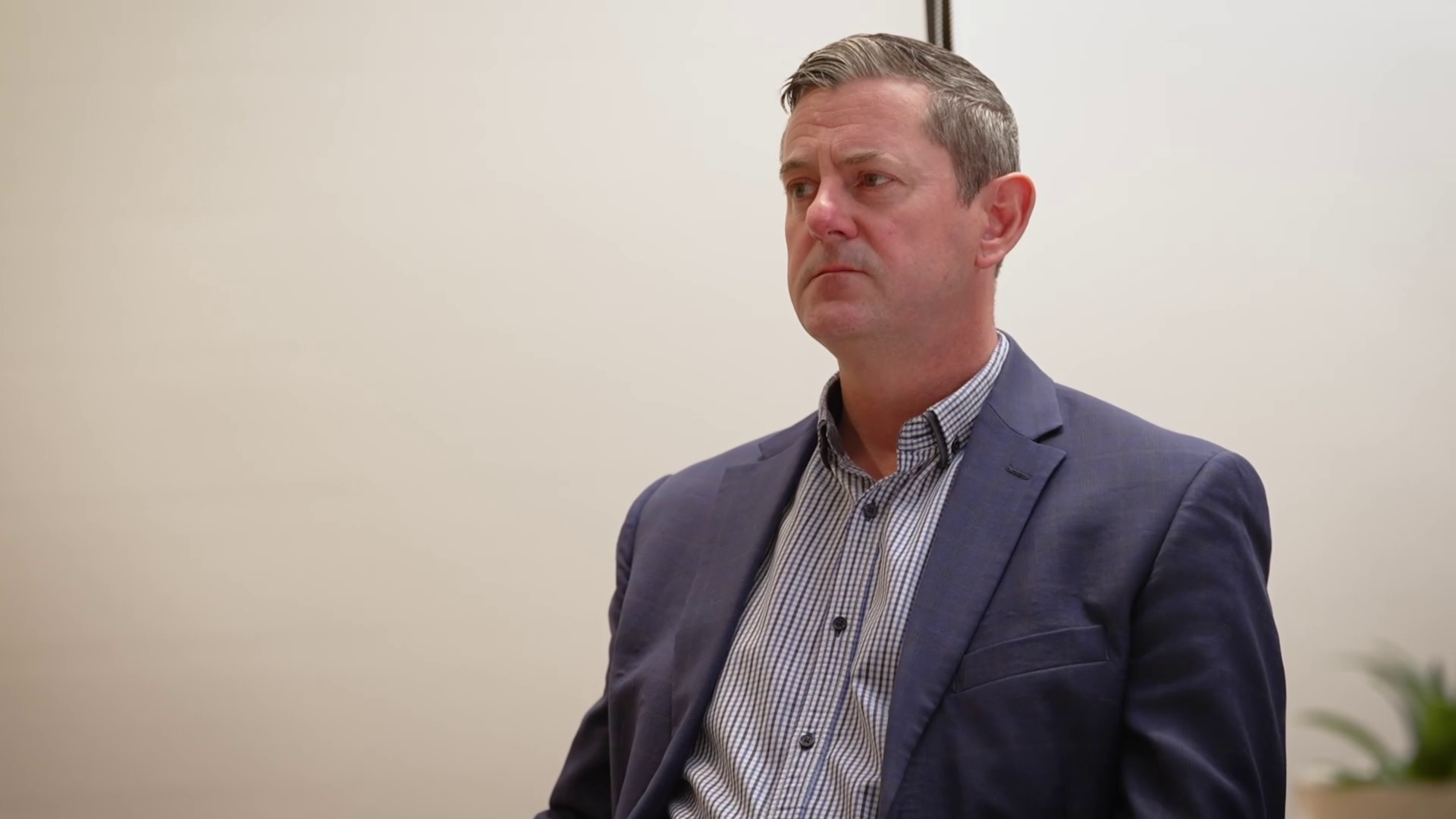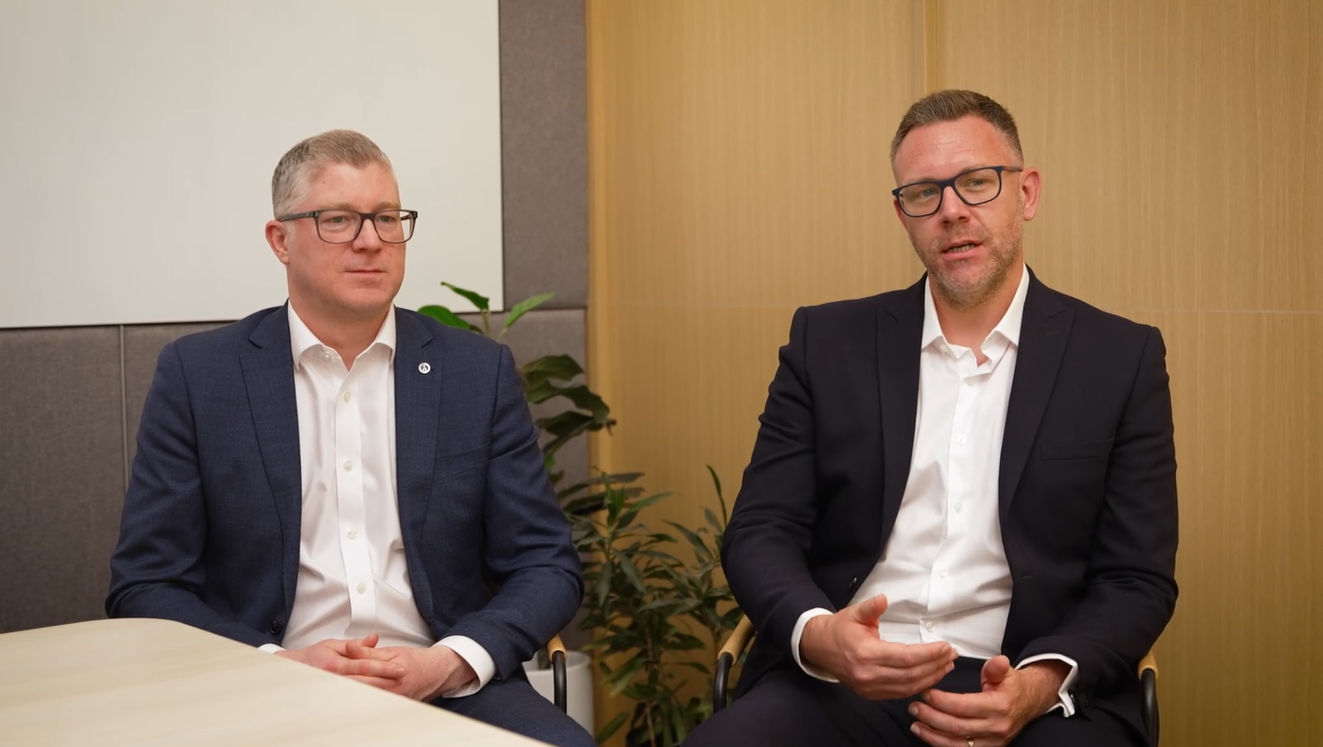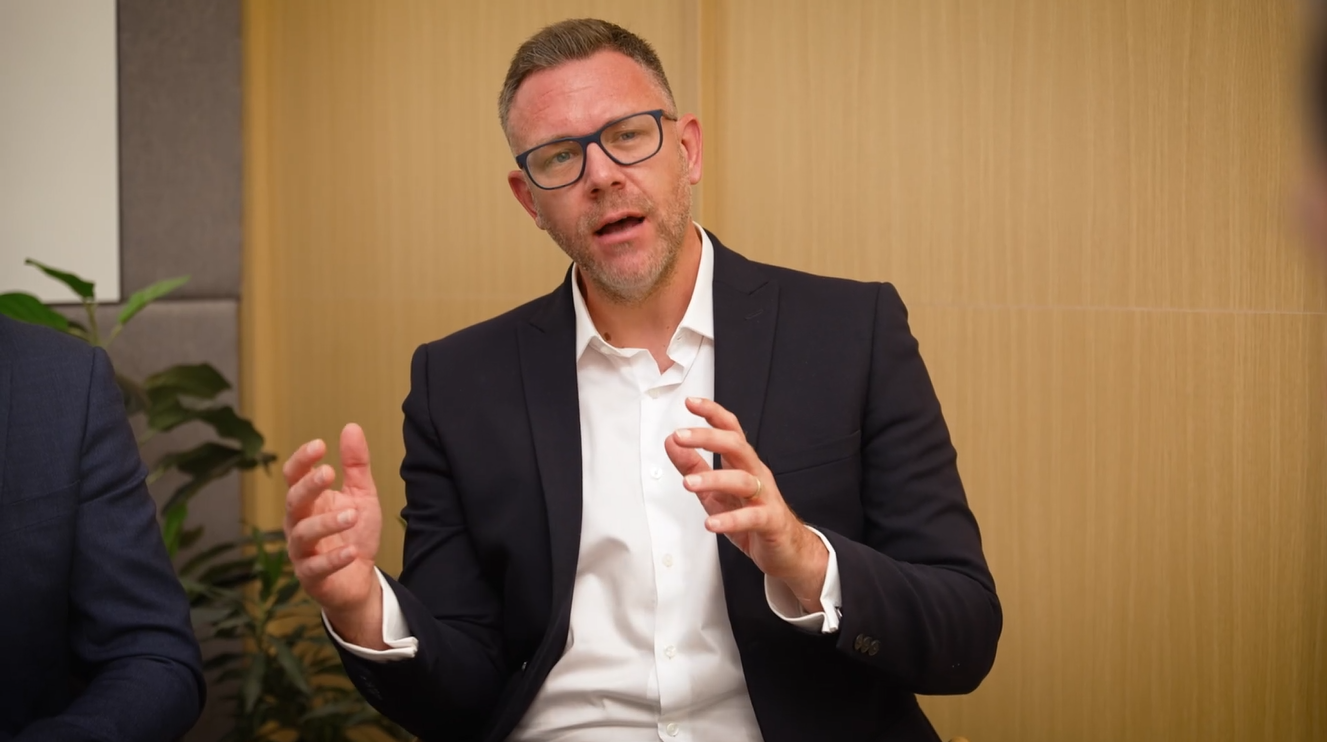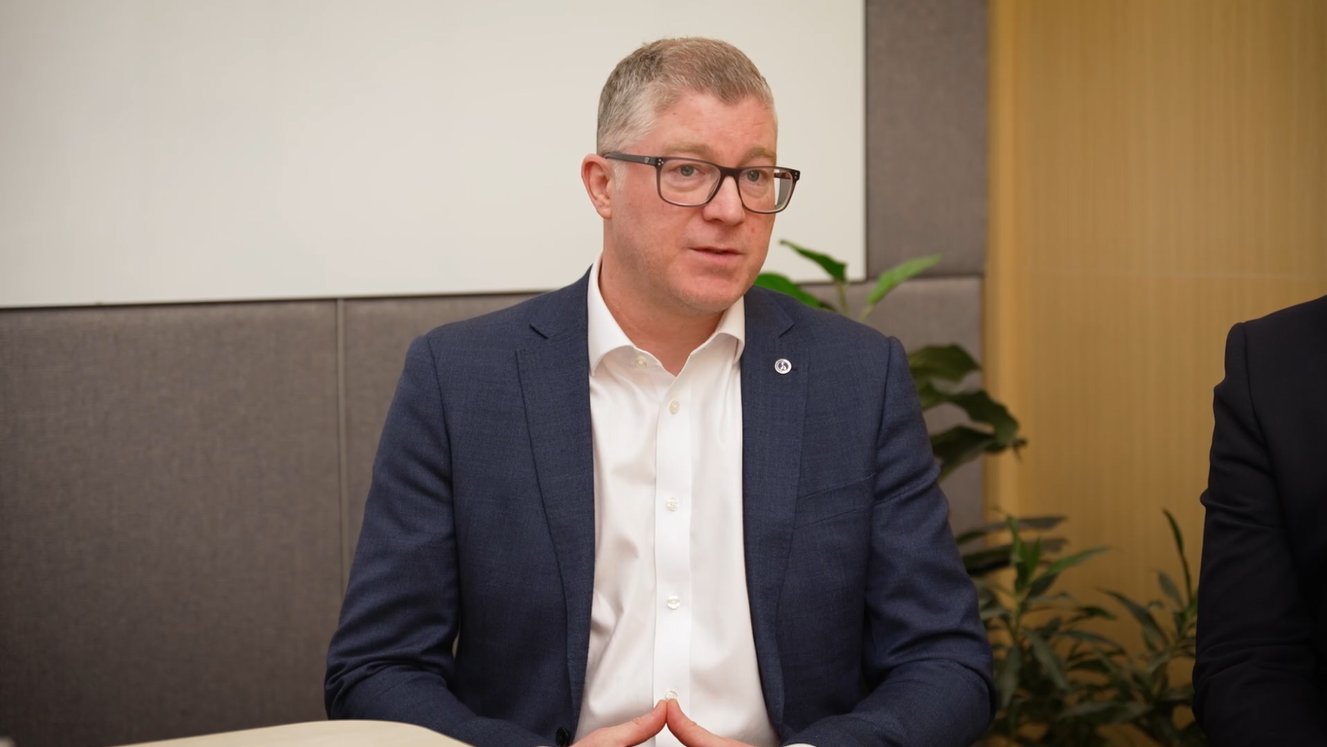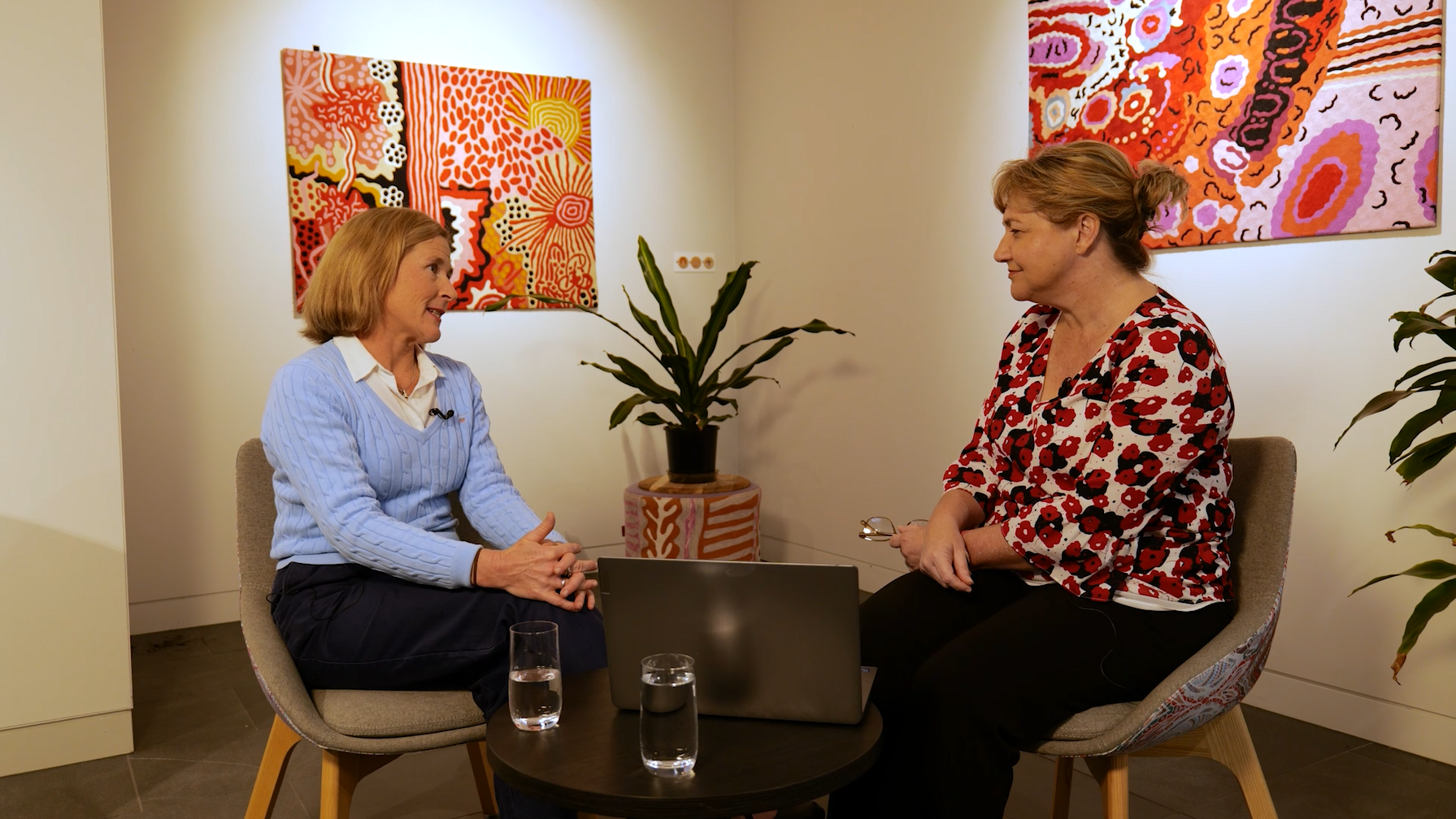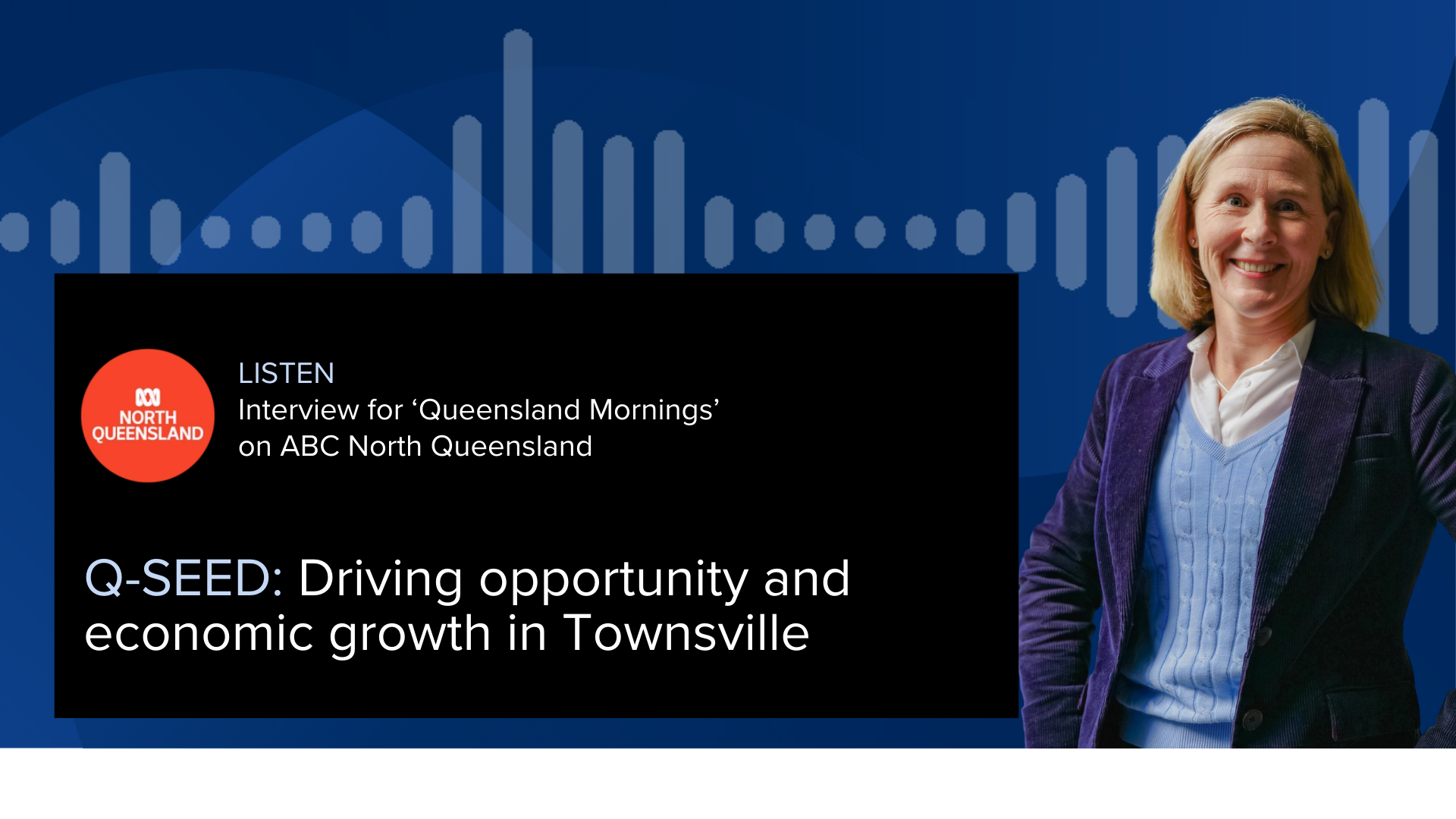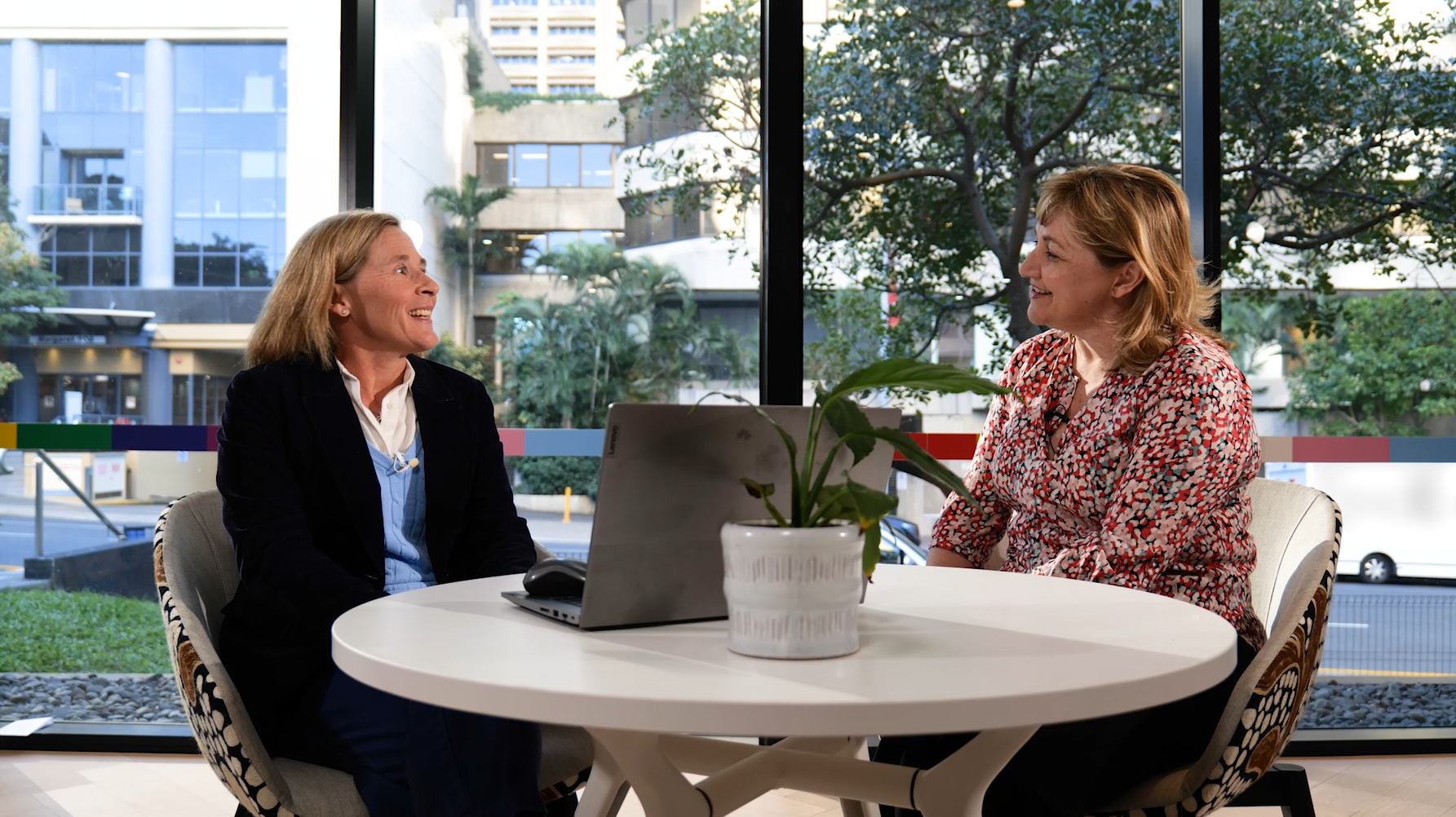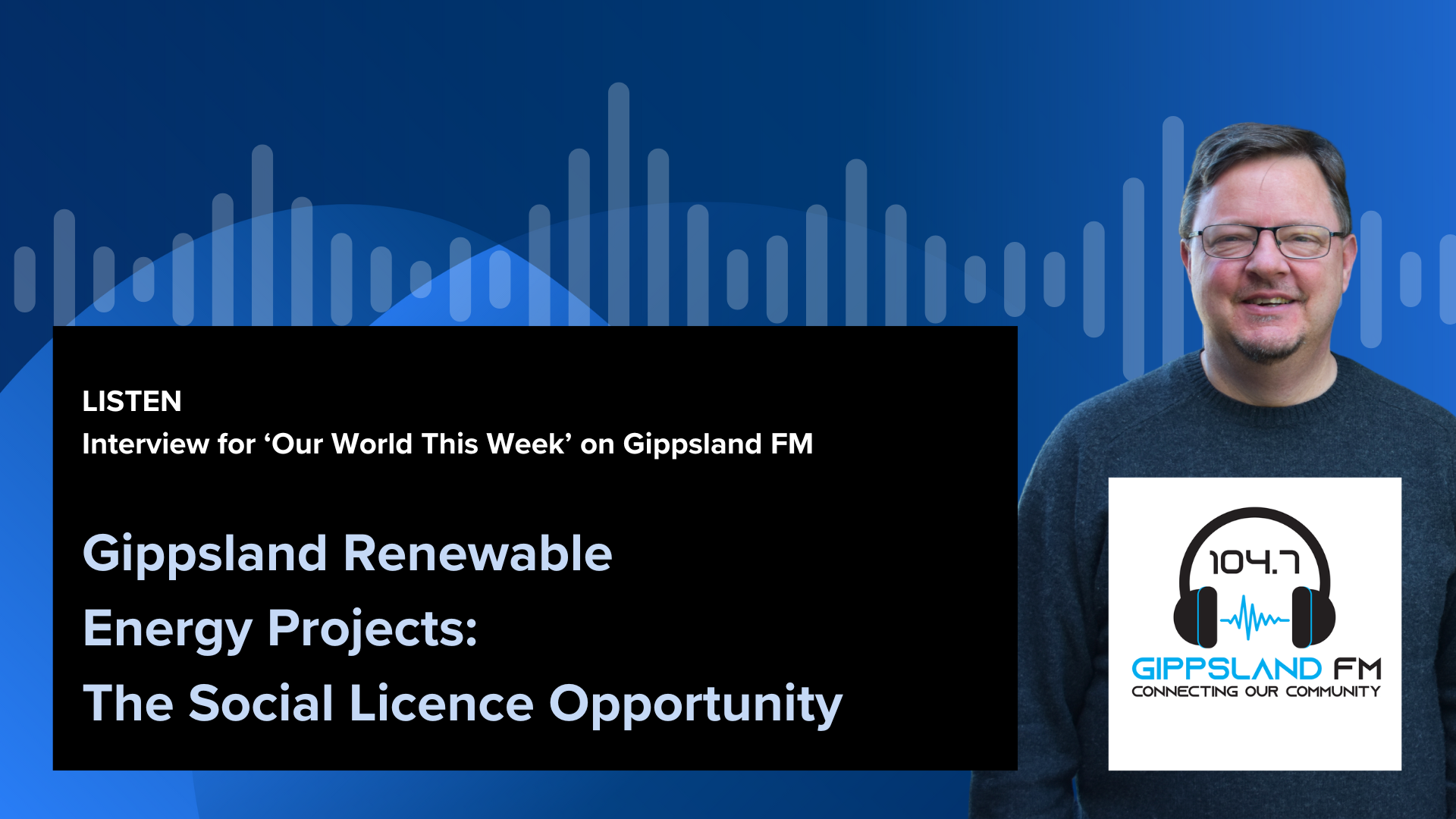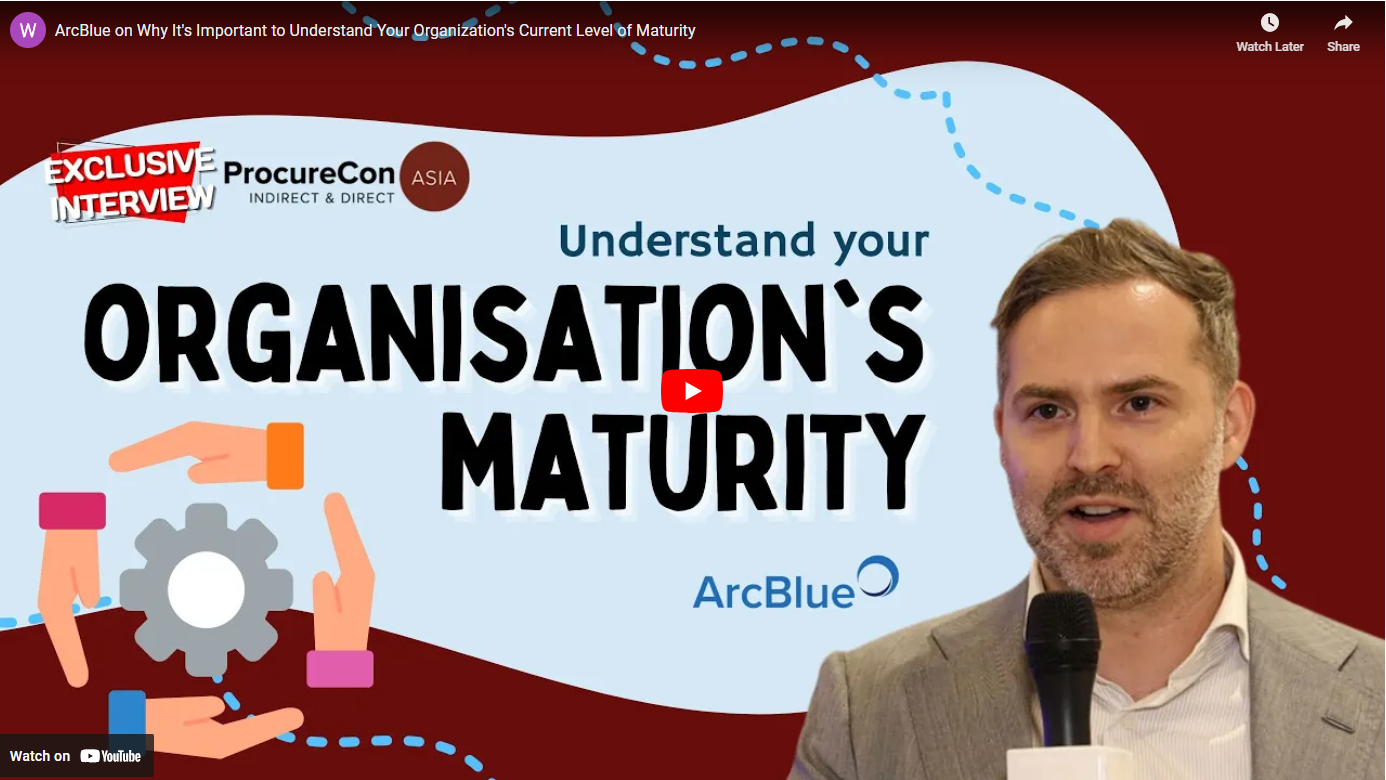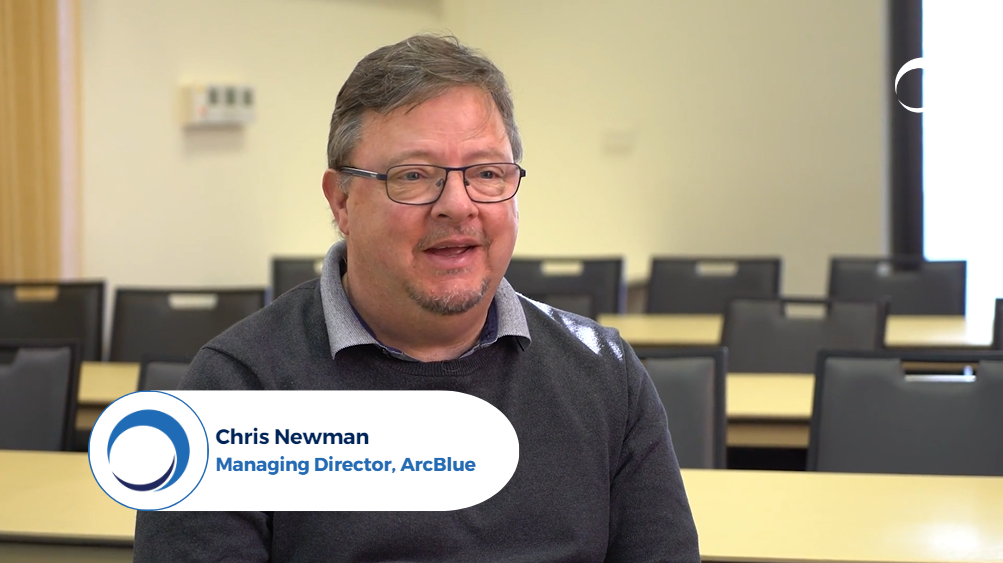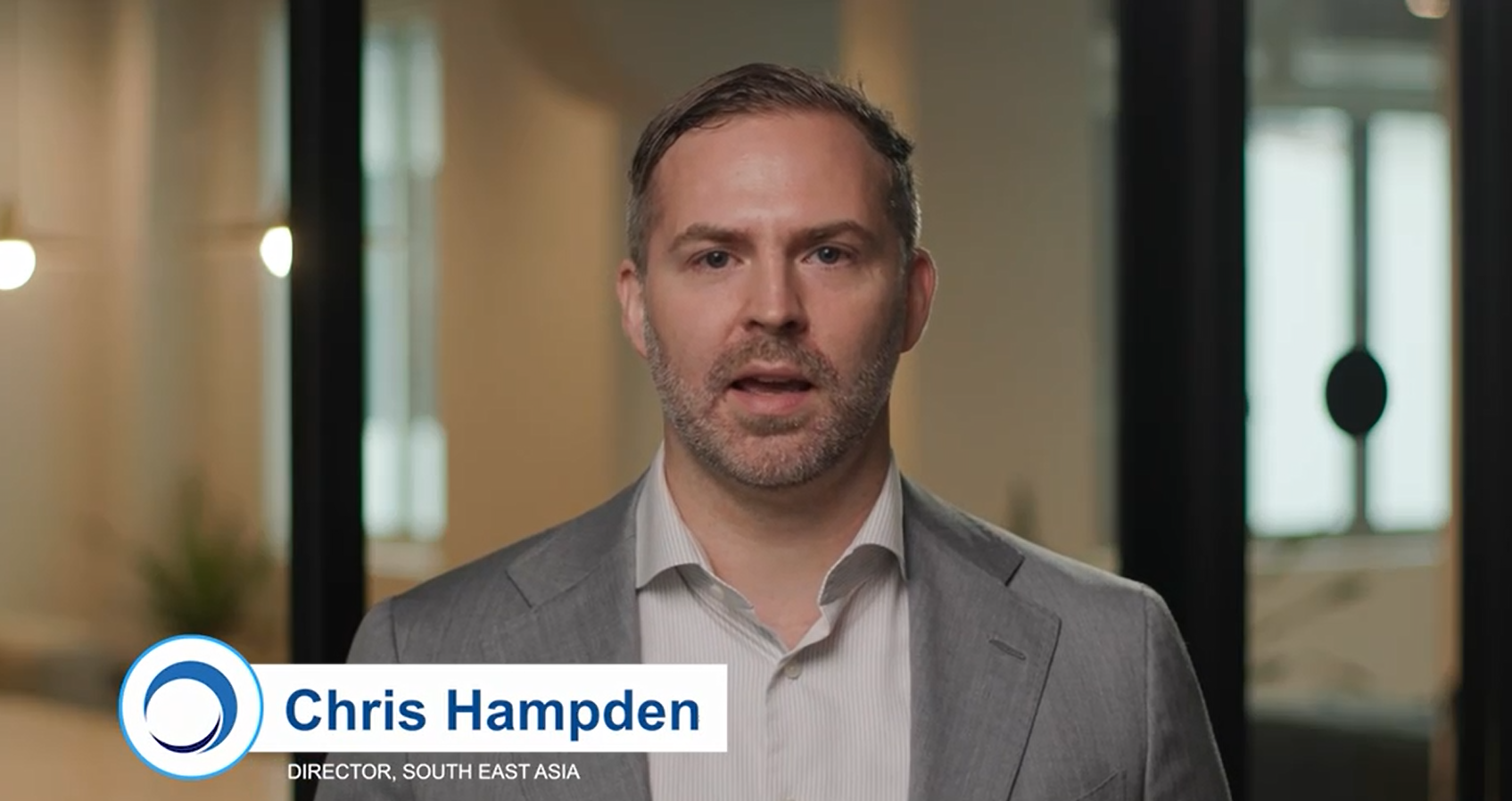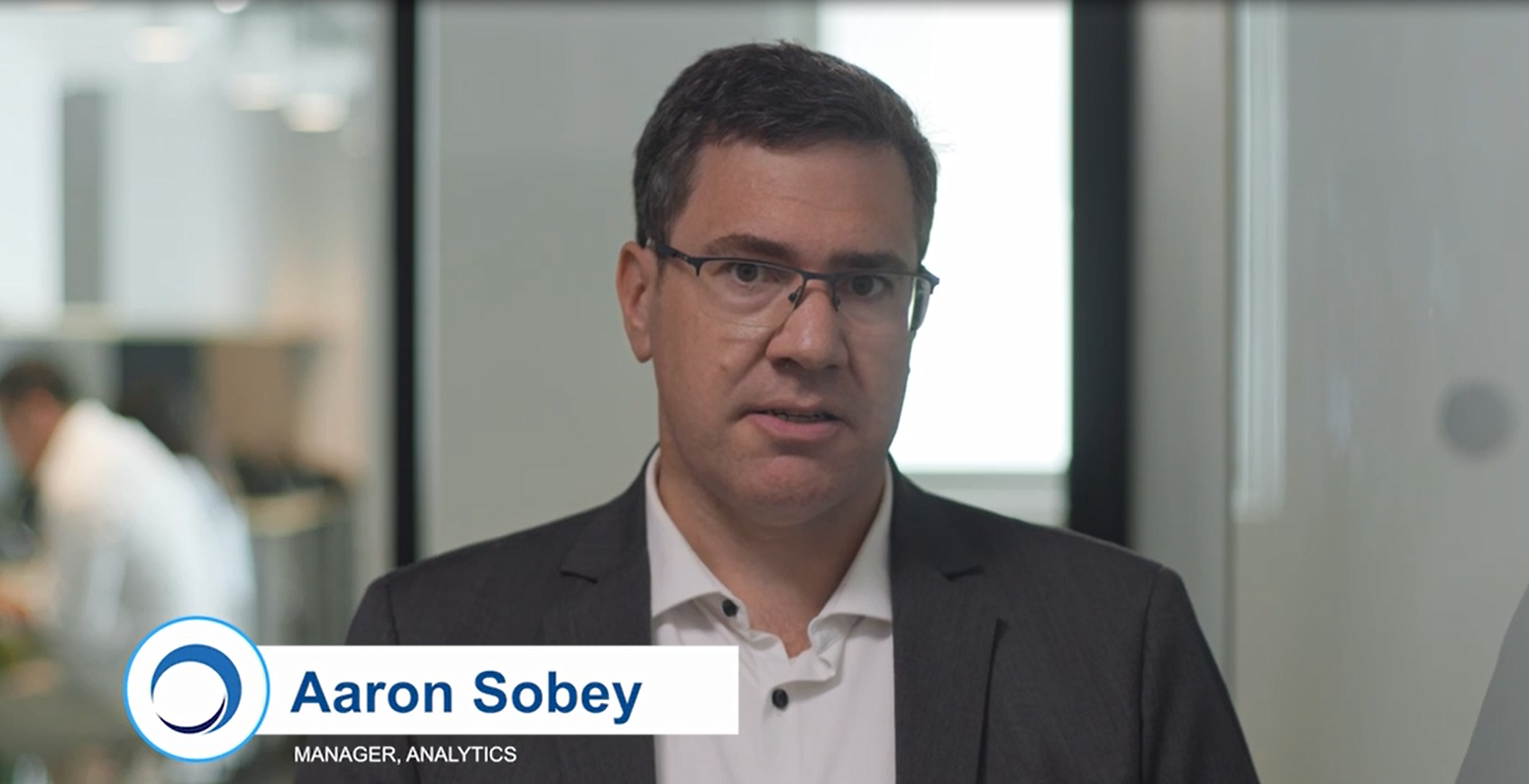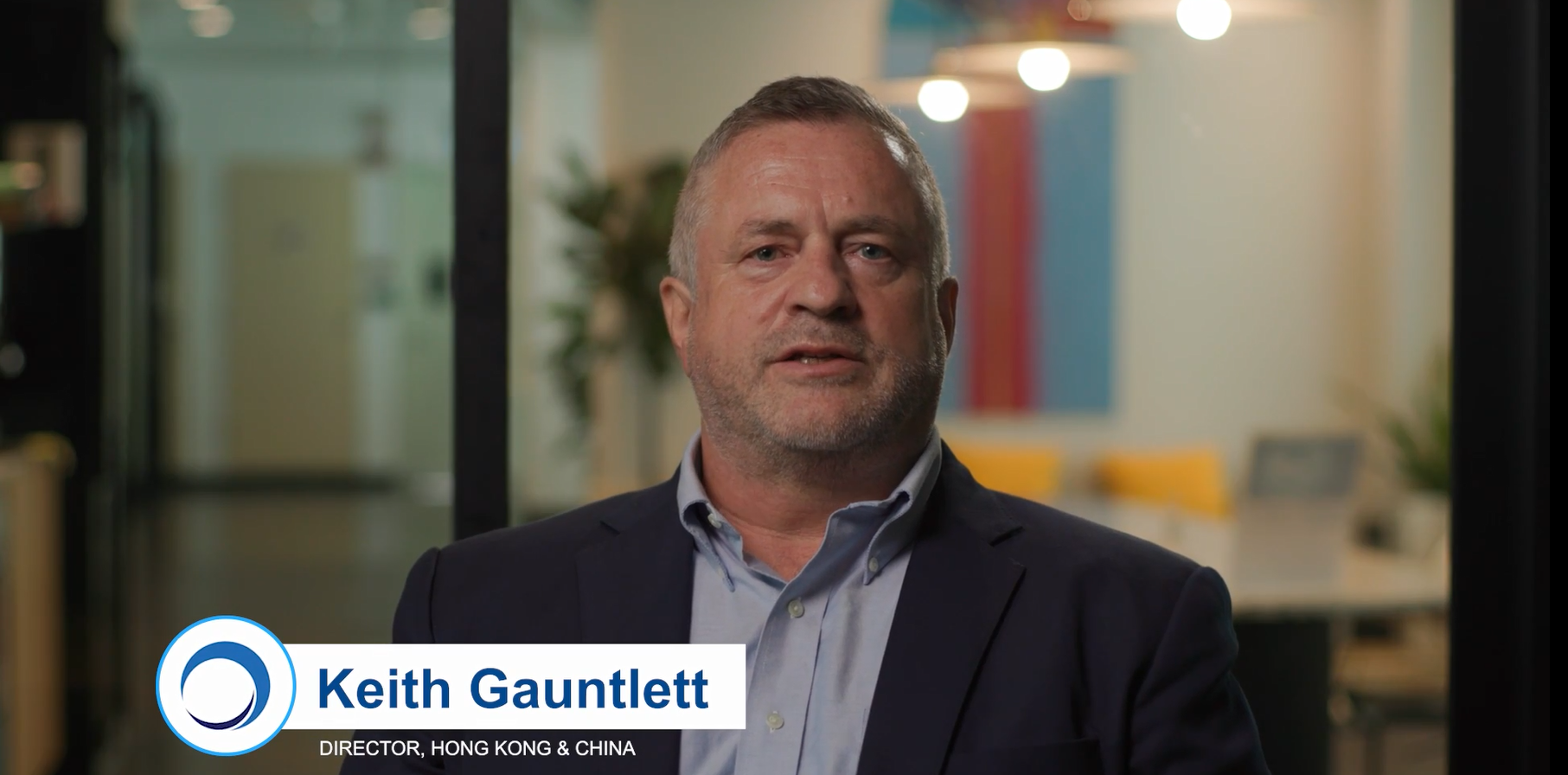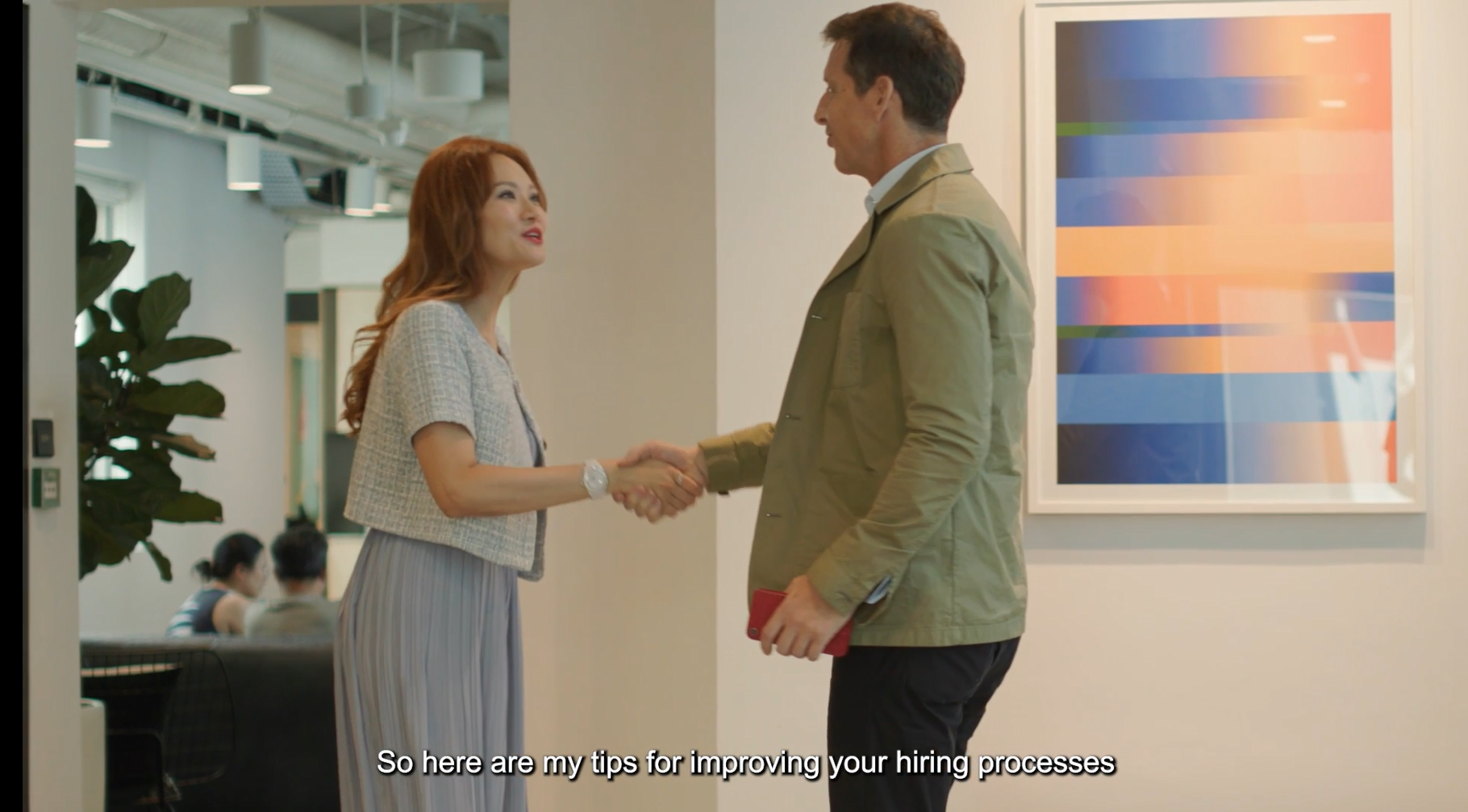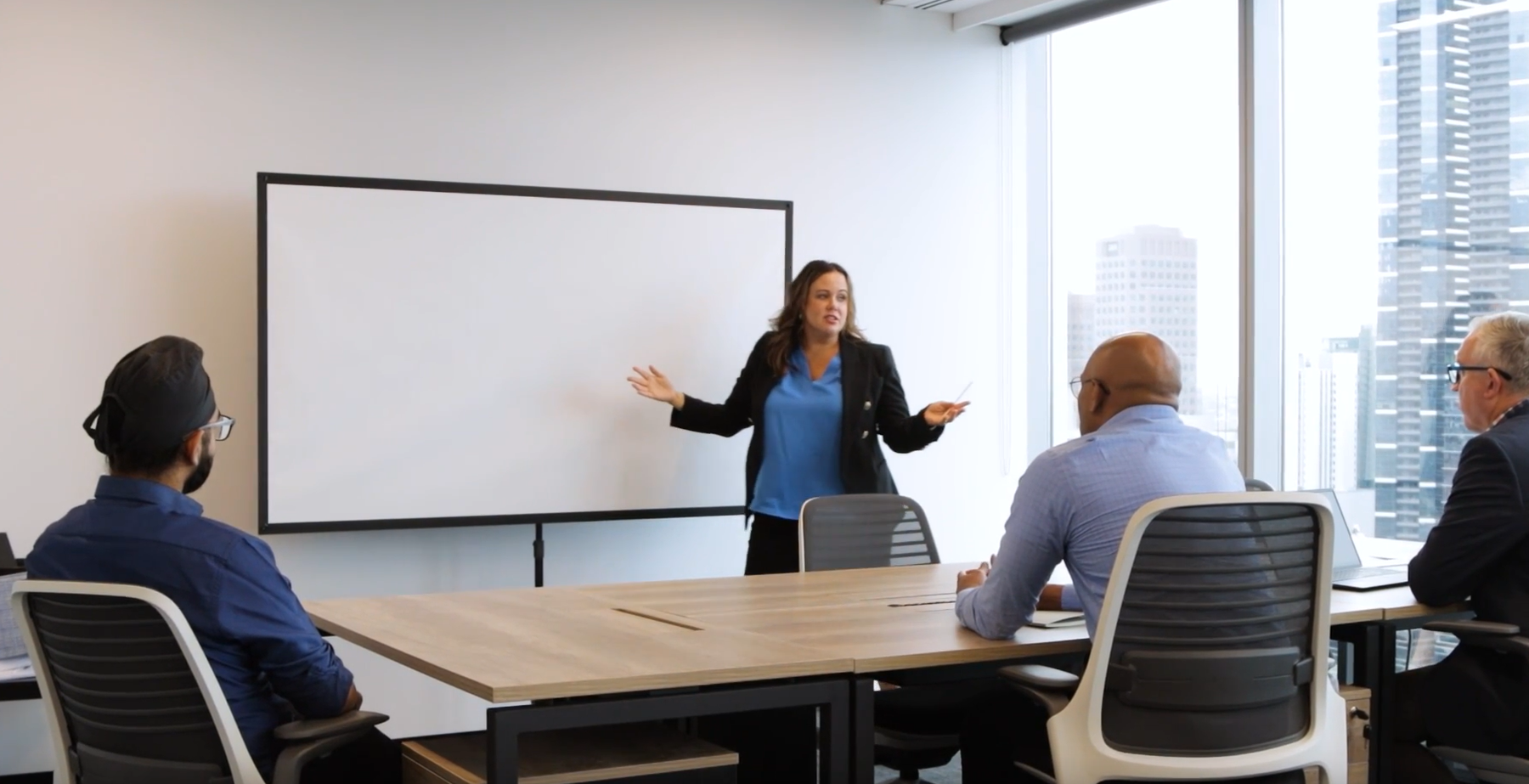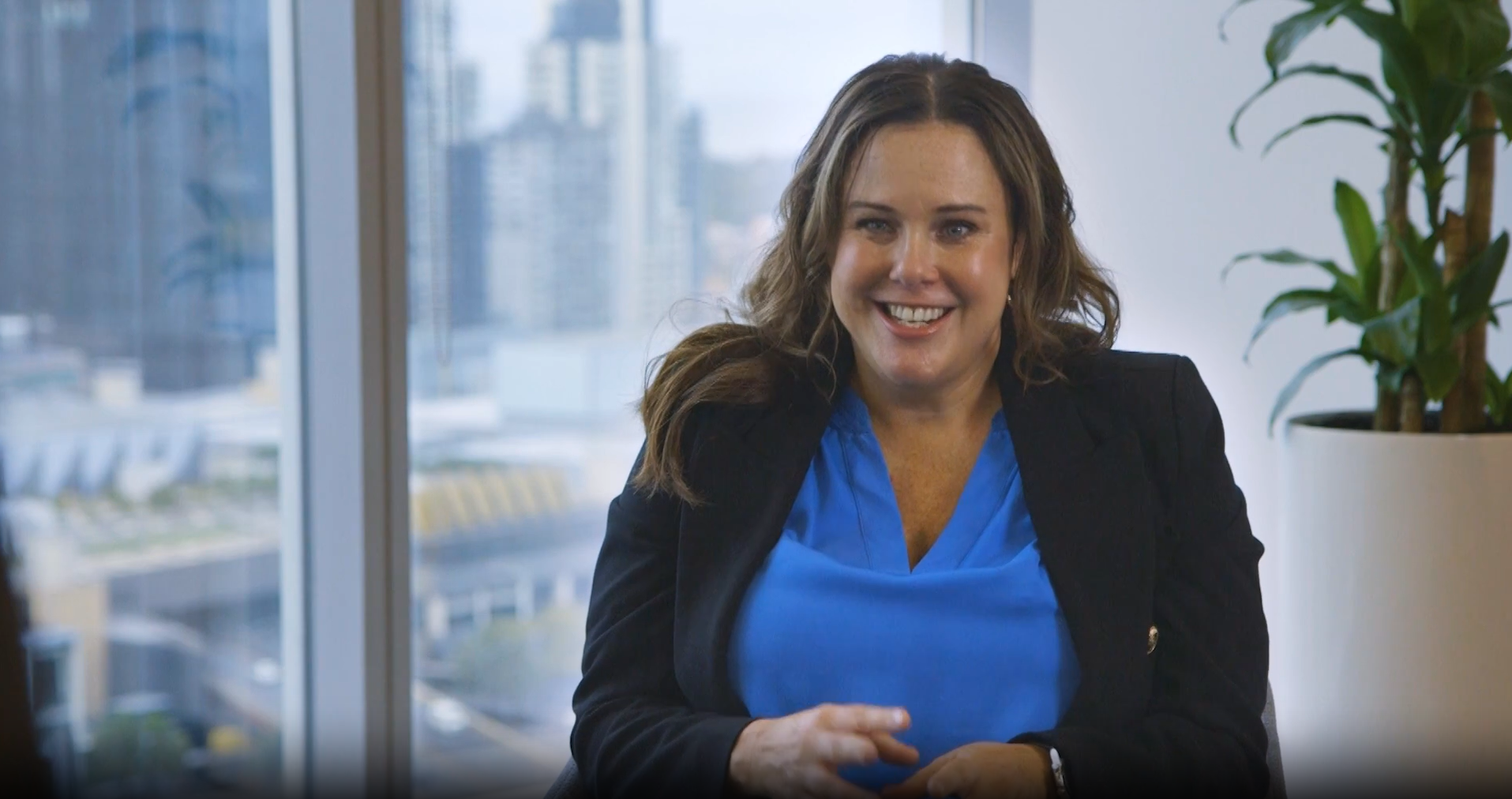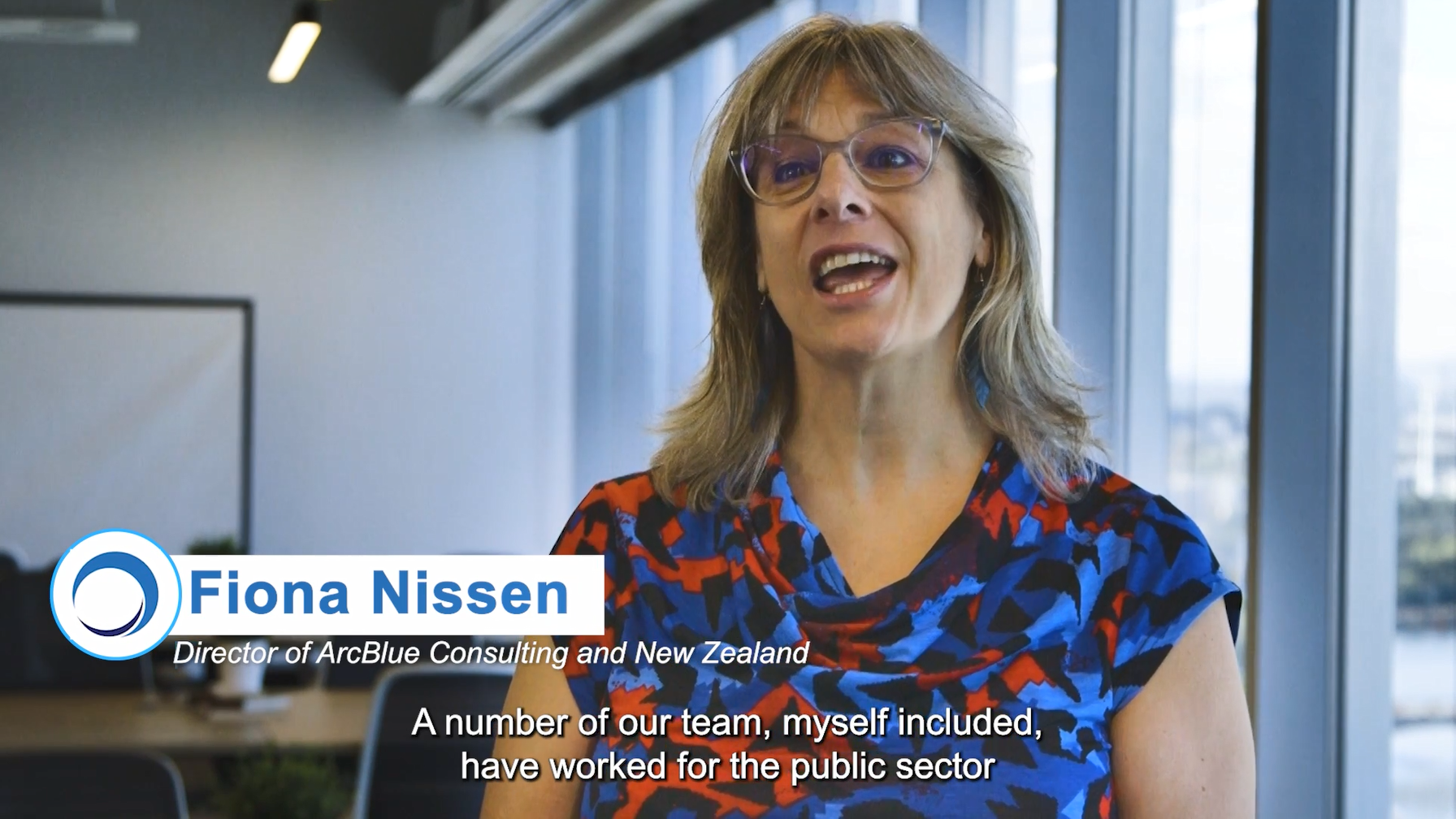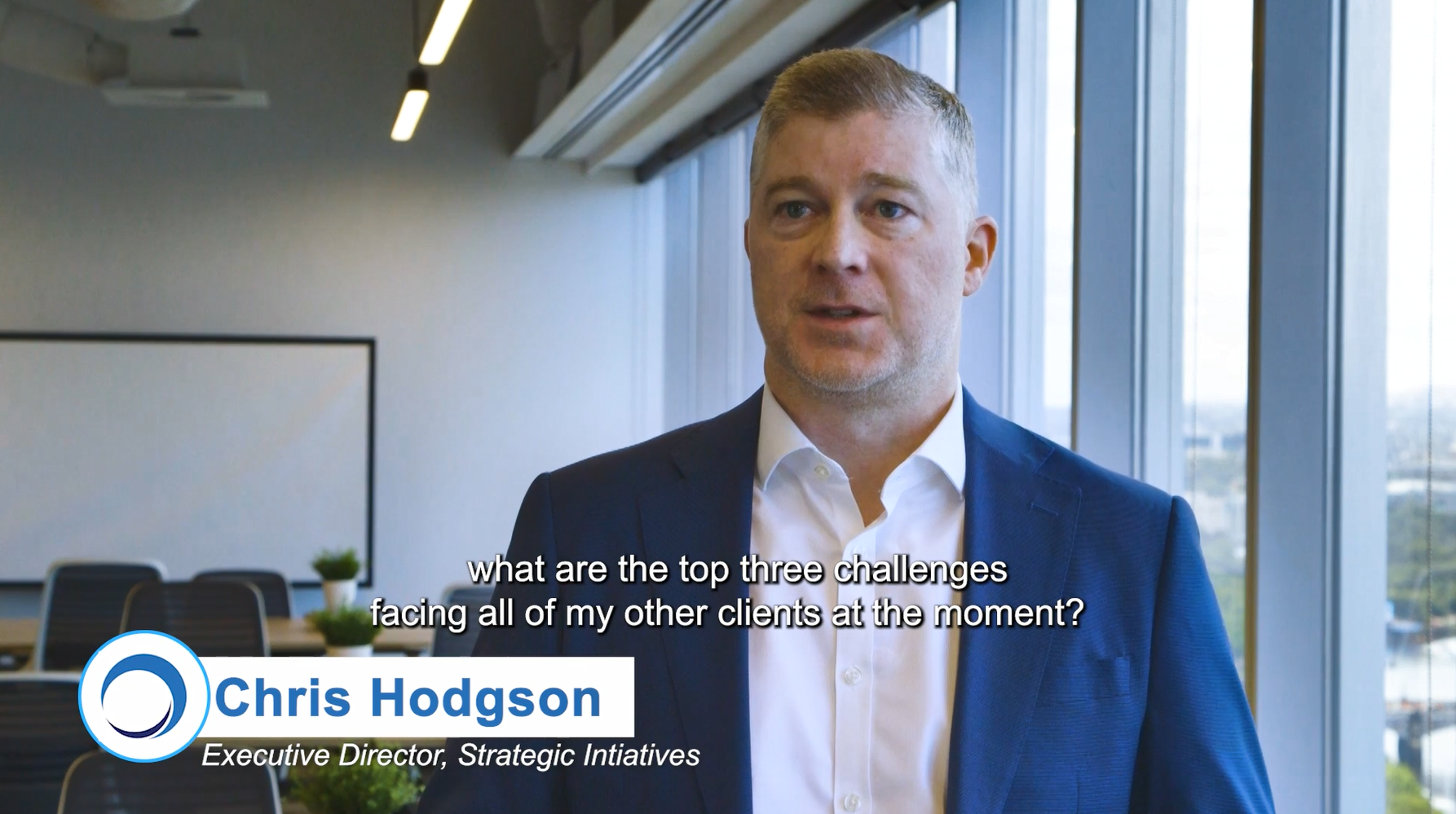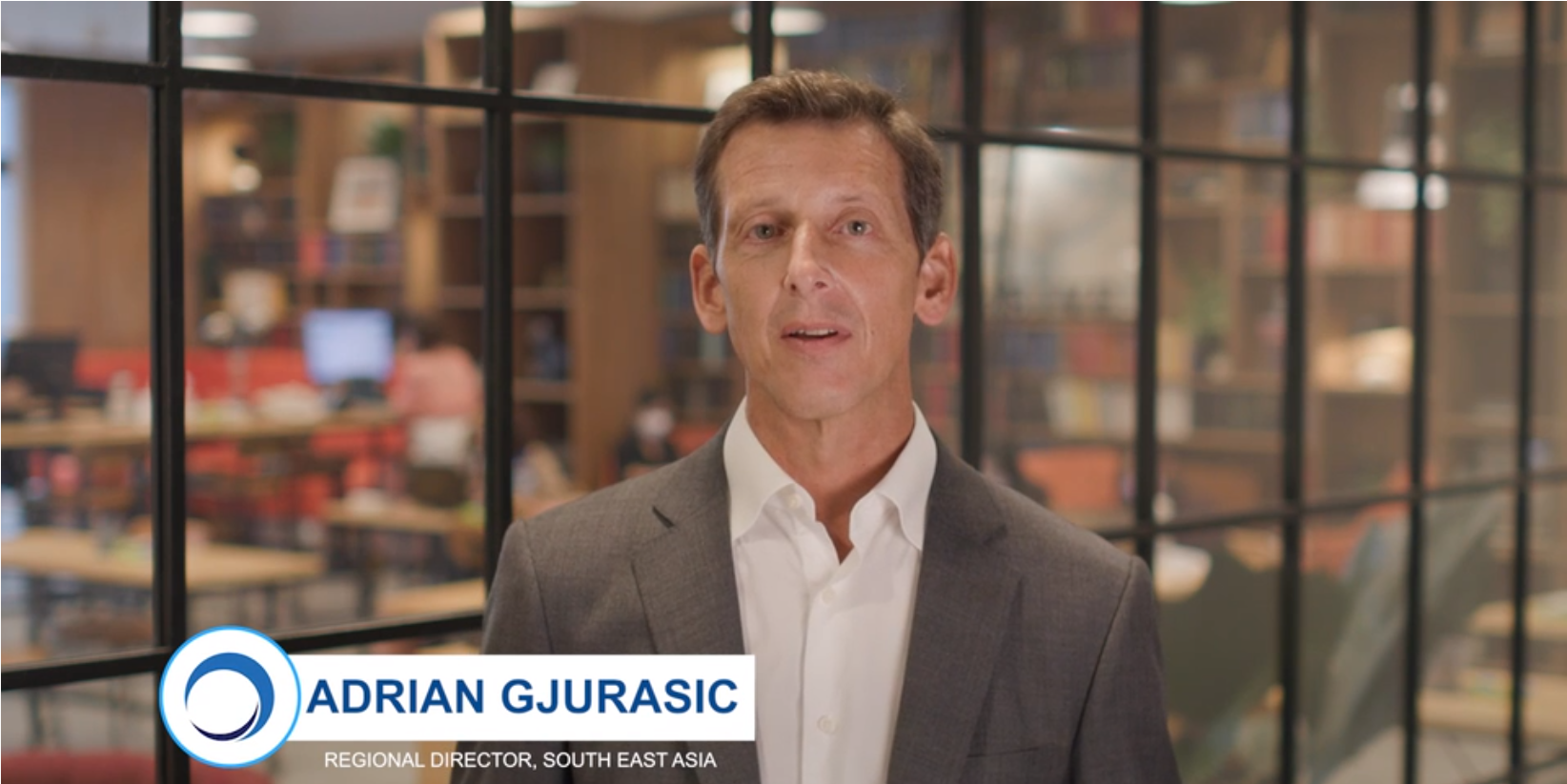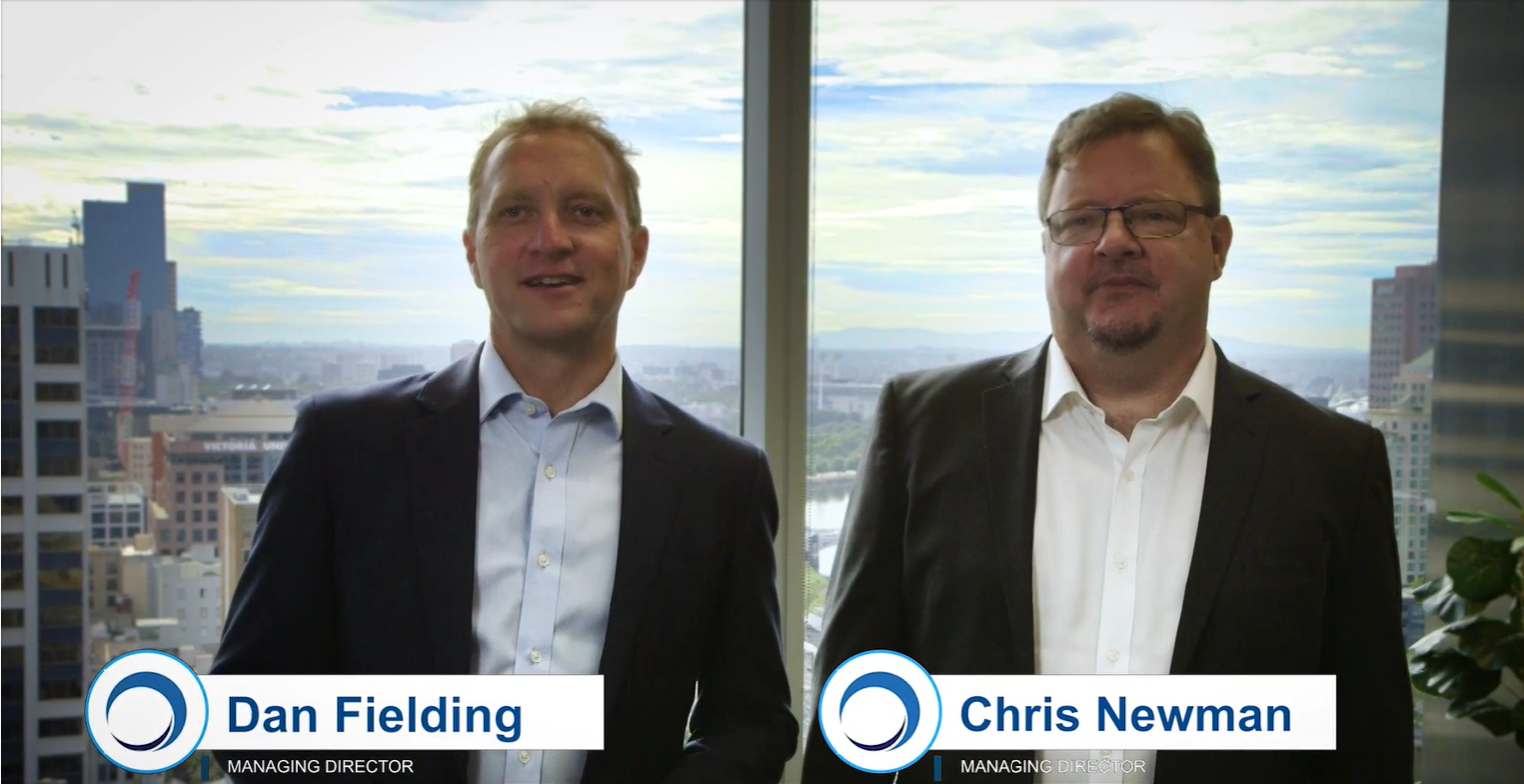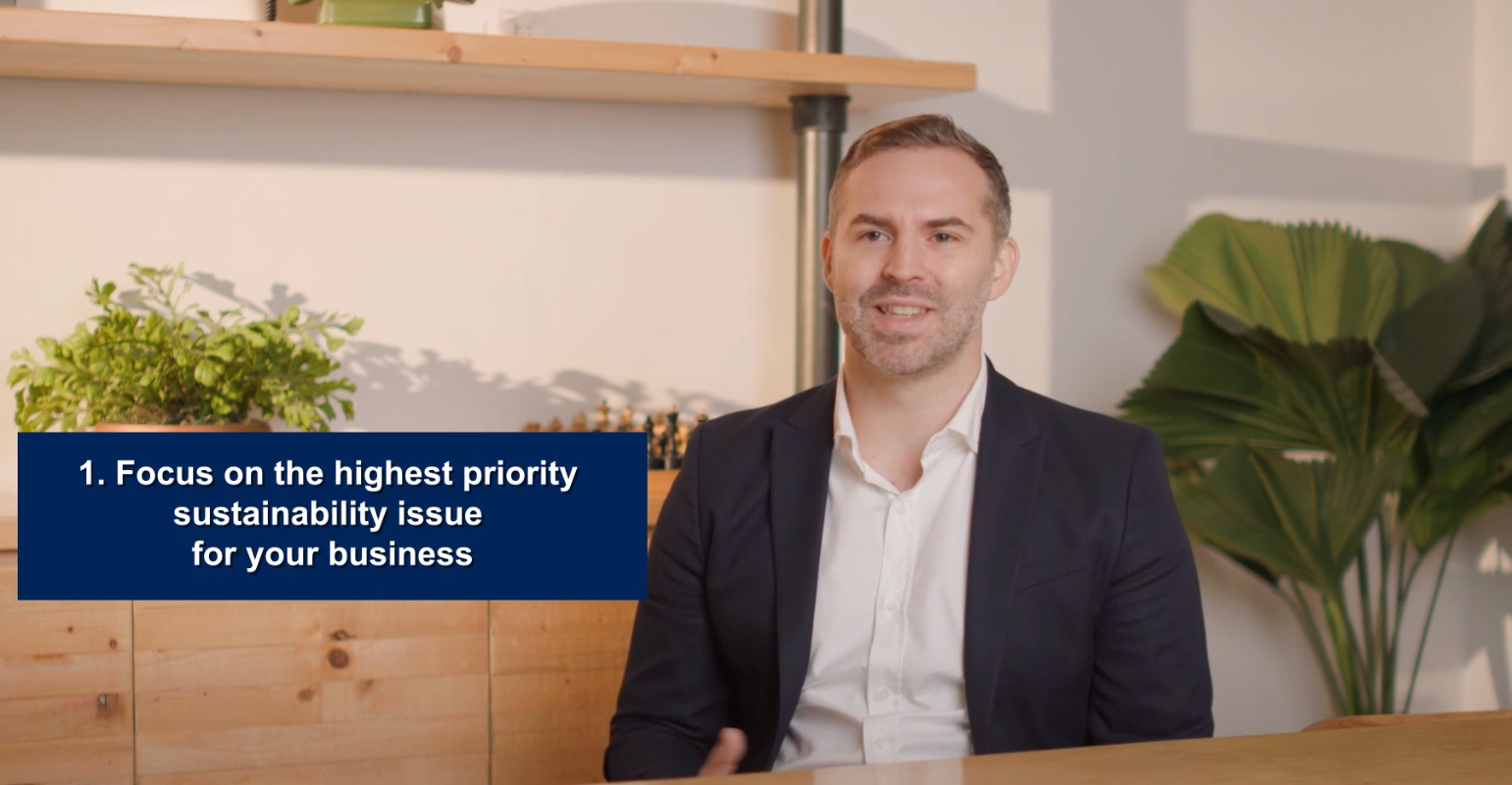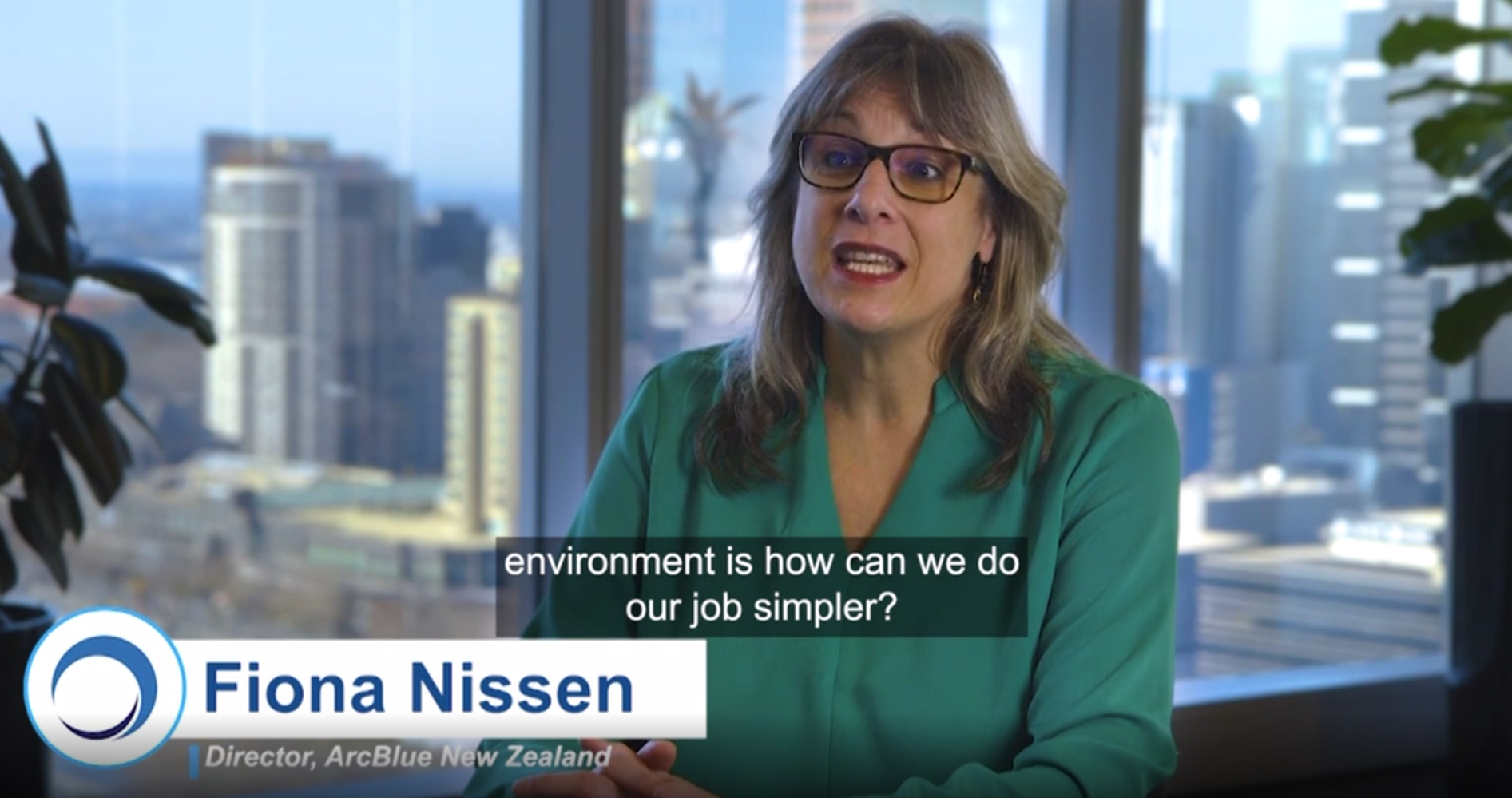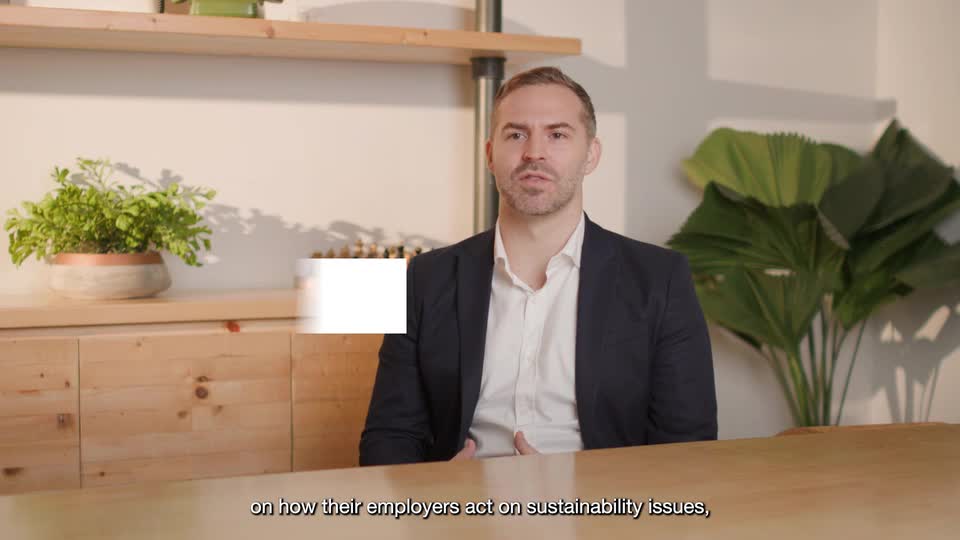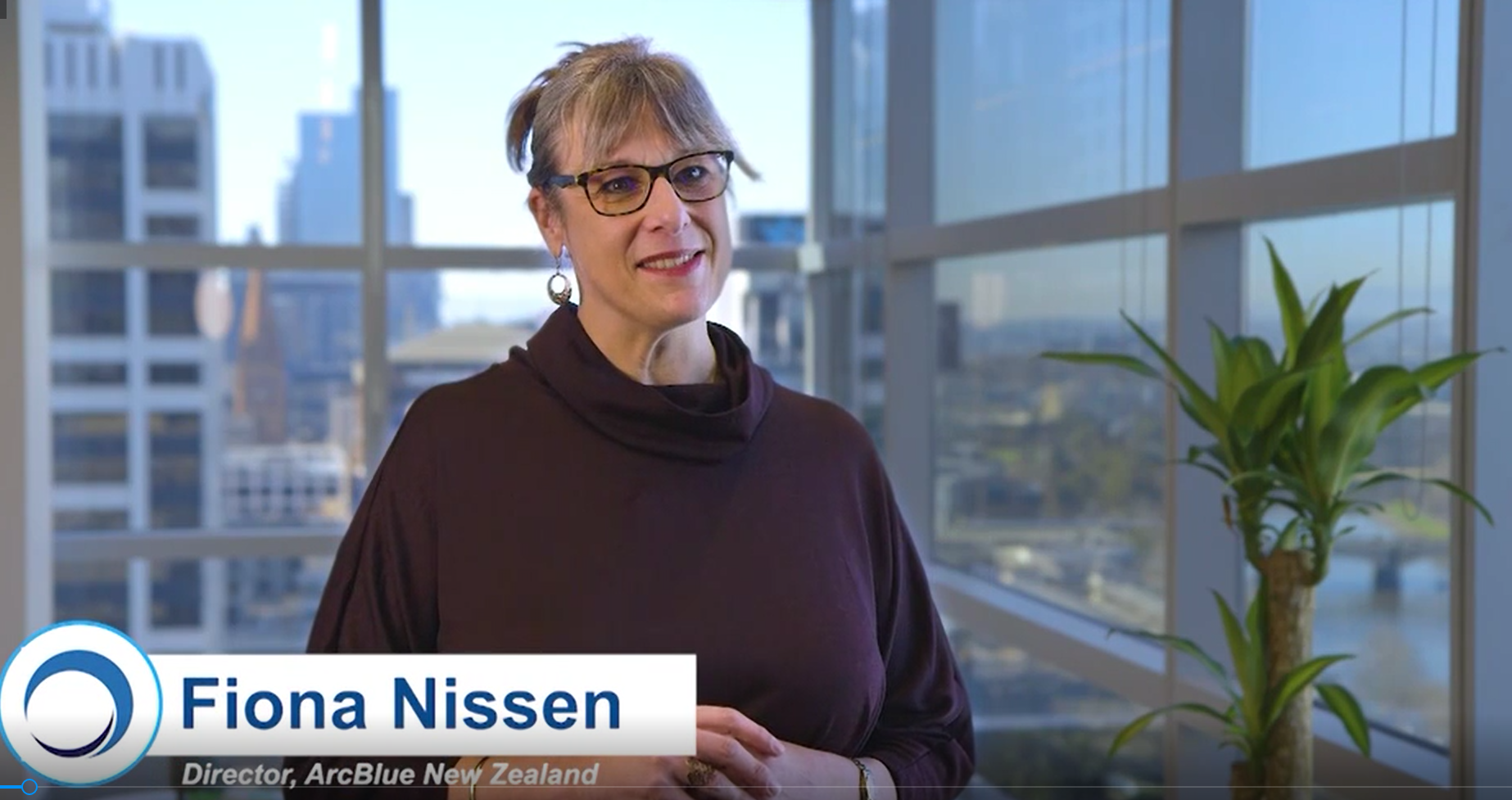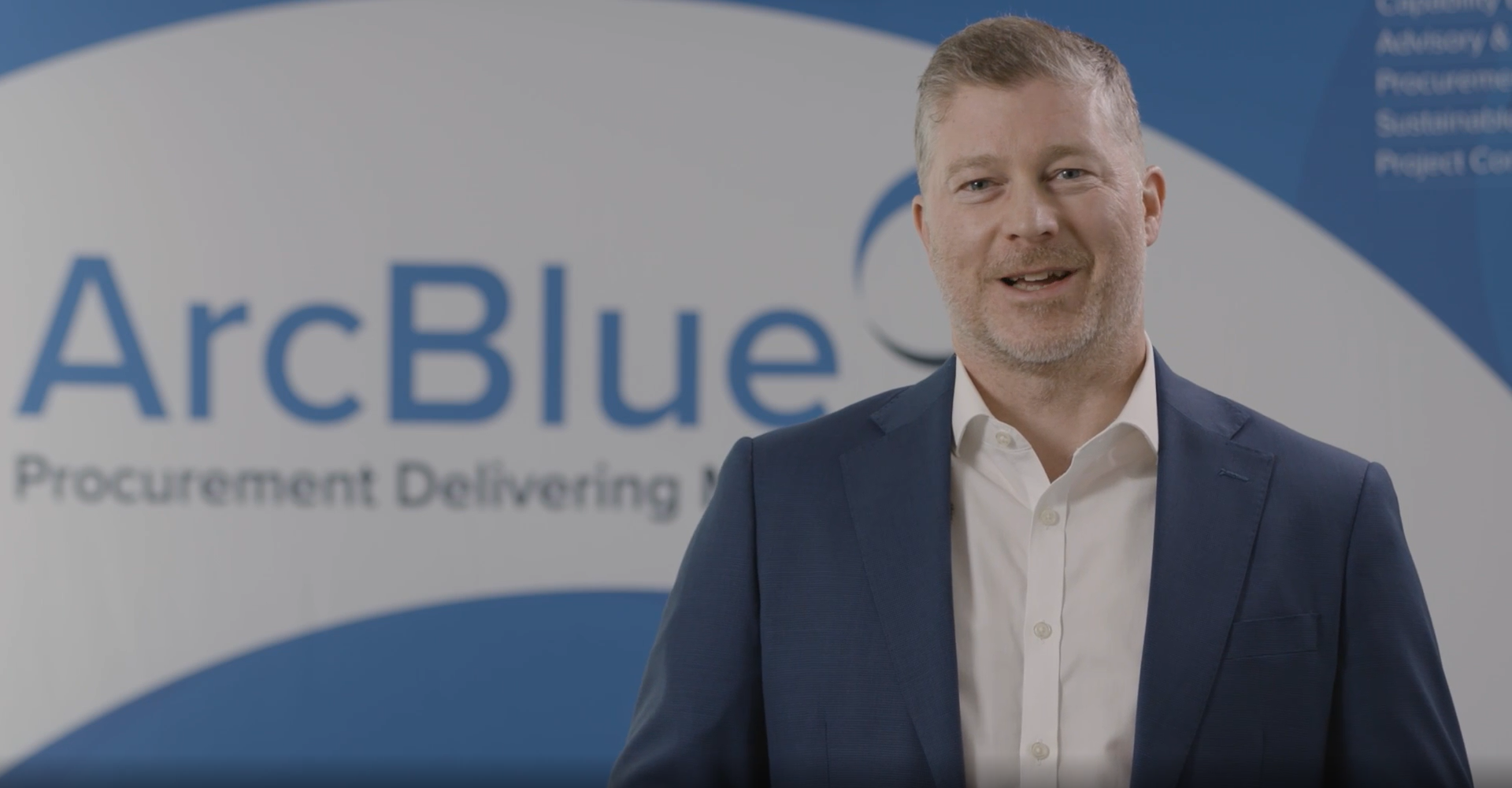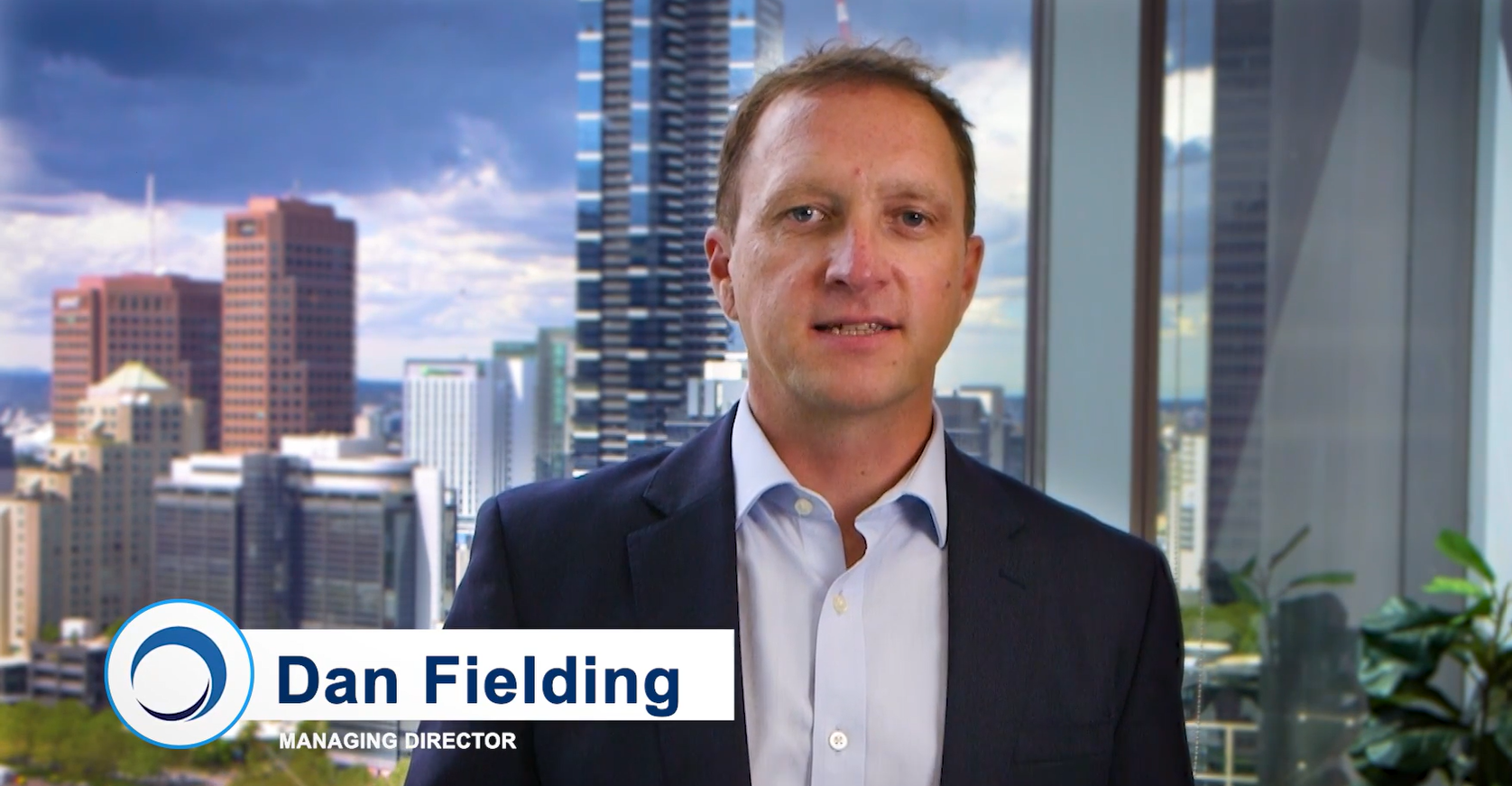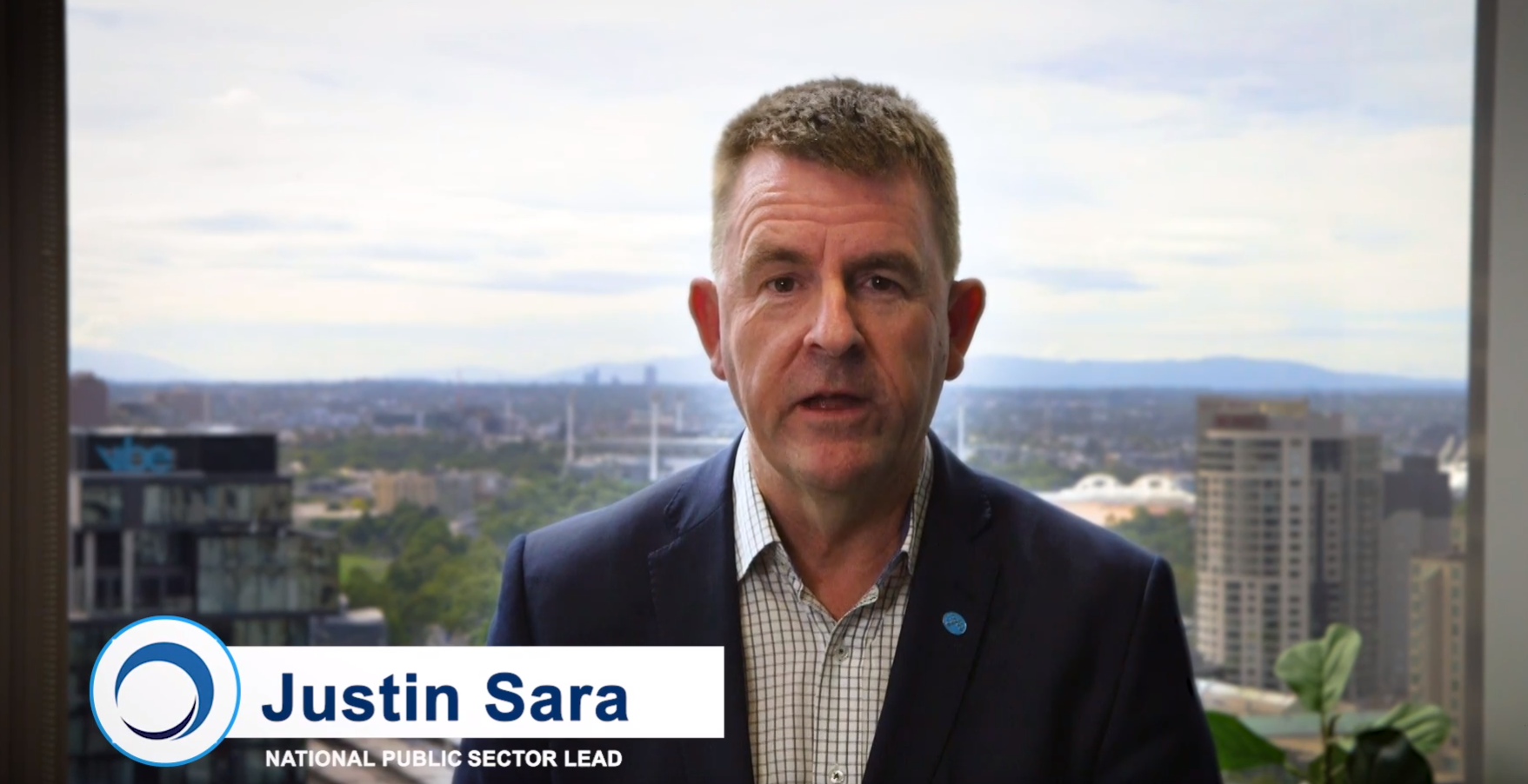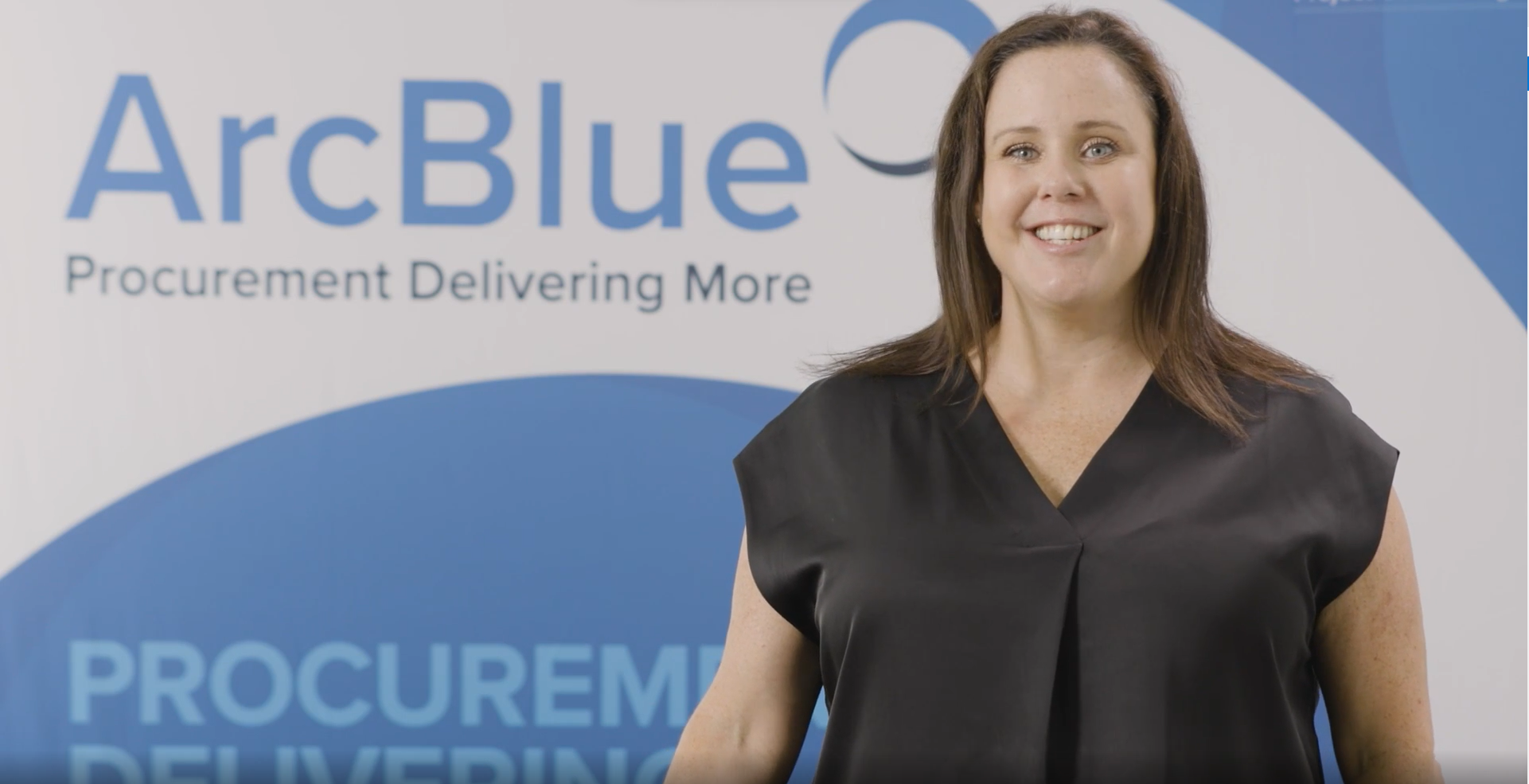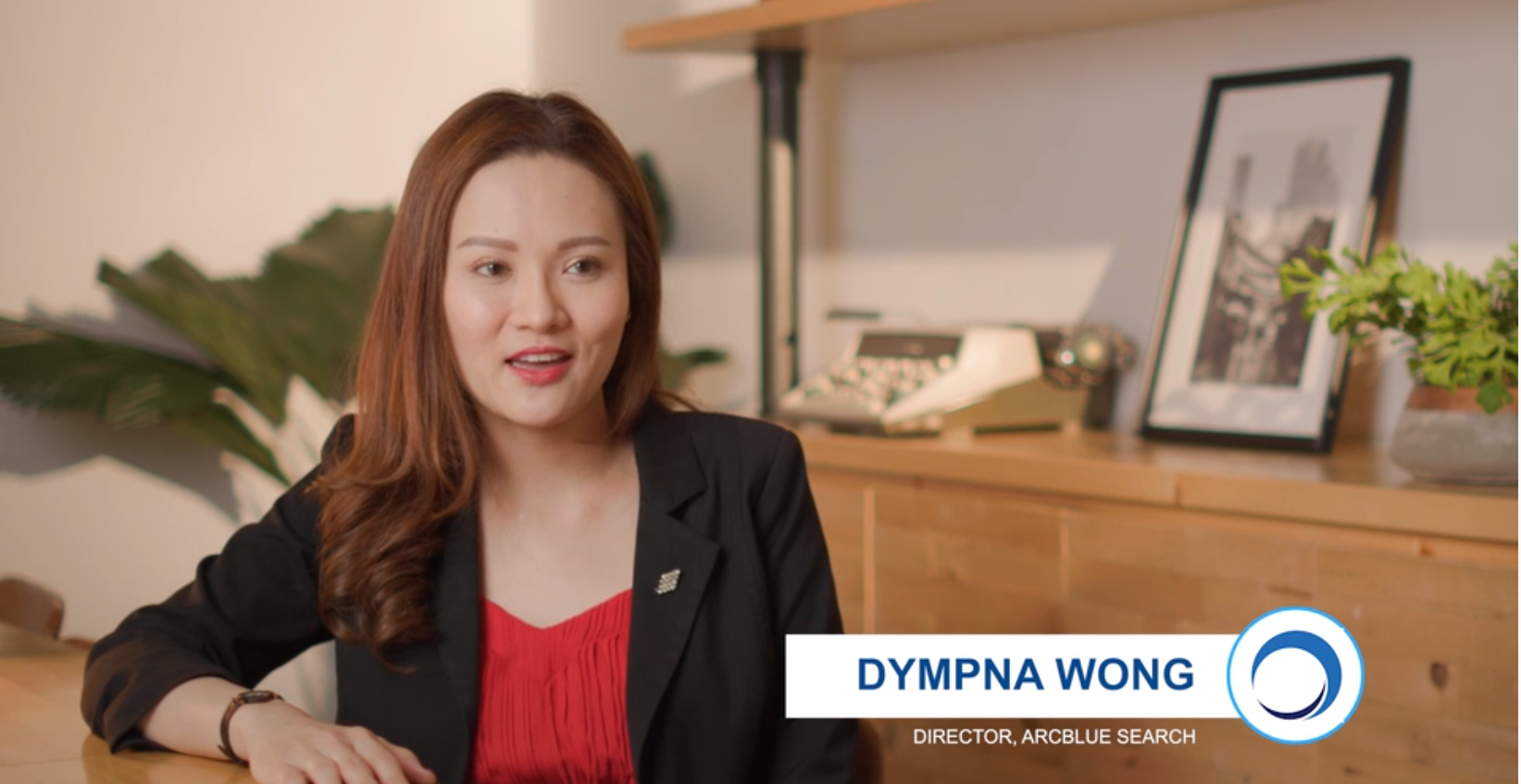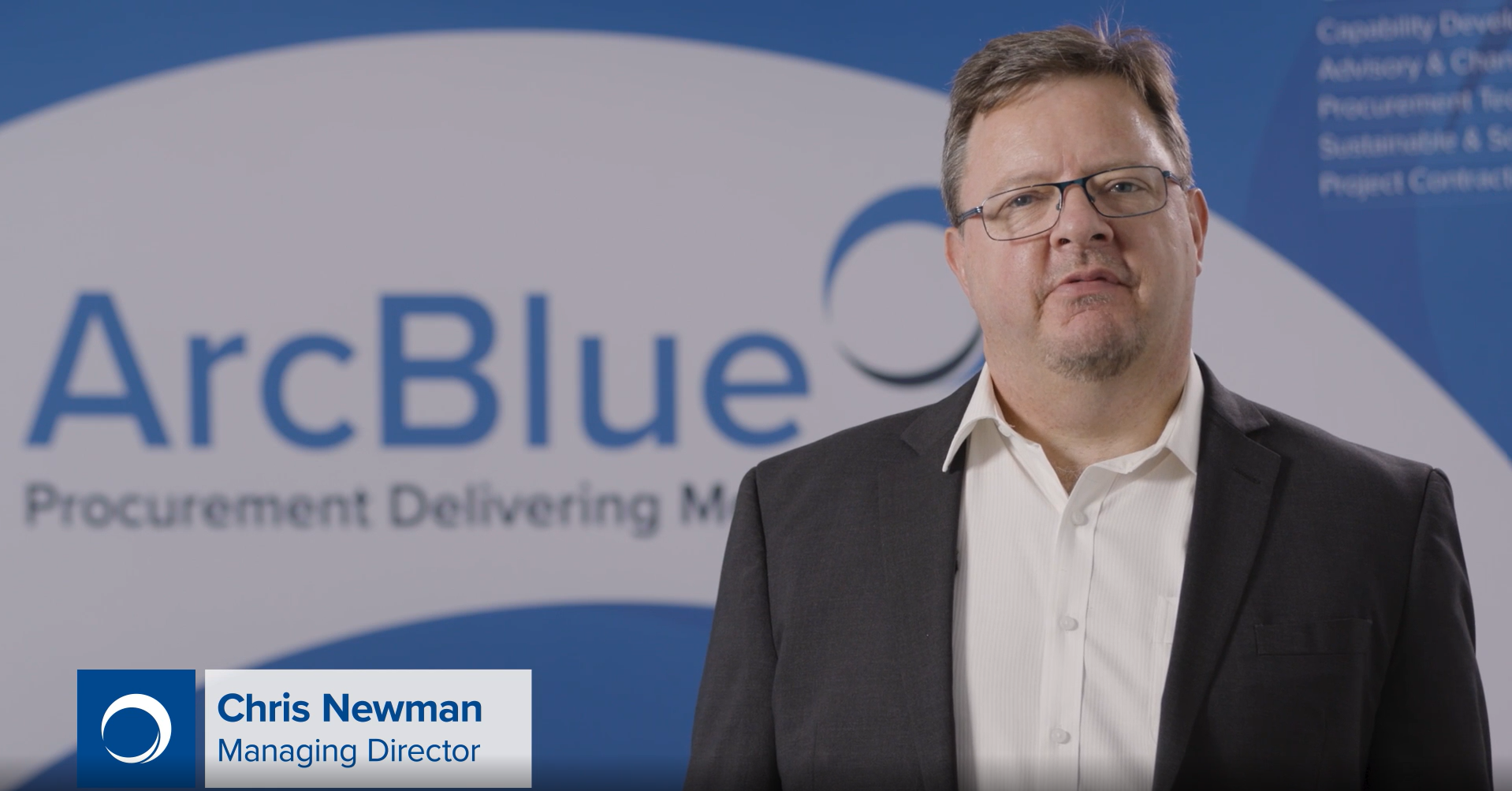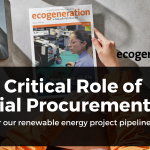- LISTEN
Gippsland Renewable Energy Projects - Supply Chain Challenges and The Social Licence Opportunity
23 March 2024
ArcBlue Managing Director Chris Newman spoke with Tony Flynn and David Burt on ‘Our World This Week’ Gippsland FM this week about the transition to renewable energy currently underway in the Gippsland region in Victoria, and the work ArcBlue is doing on the Gippsland Procurement Power Initiative (GiPPi).
Listen as Chris discusses with the hosts the challenges that renewable projects are facing in Australia with procurement capability and supply chain constraints, and explores opportunities for demand planning and aggregation and developing local capacity for ‘sovereign manufacturing’.
Chris also explains the importance of social licence and the crucial role that social procurement must play in the renewable energy transition, not just in the Gippsland region but across Australia, in delivering on the critical social and economic outcomes regional communities are expecting.
Producer
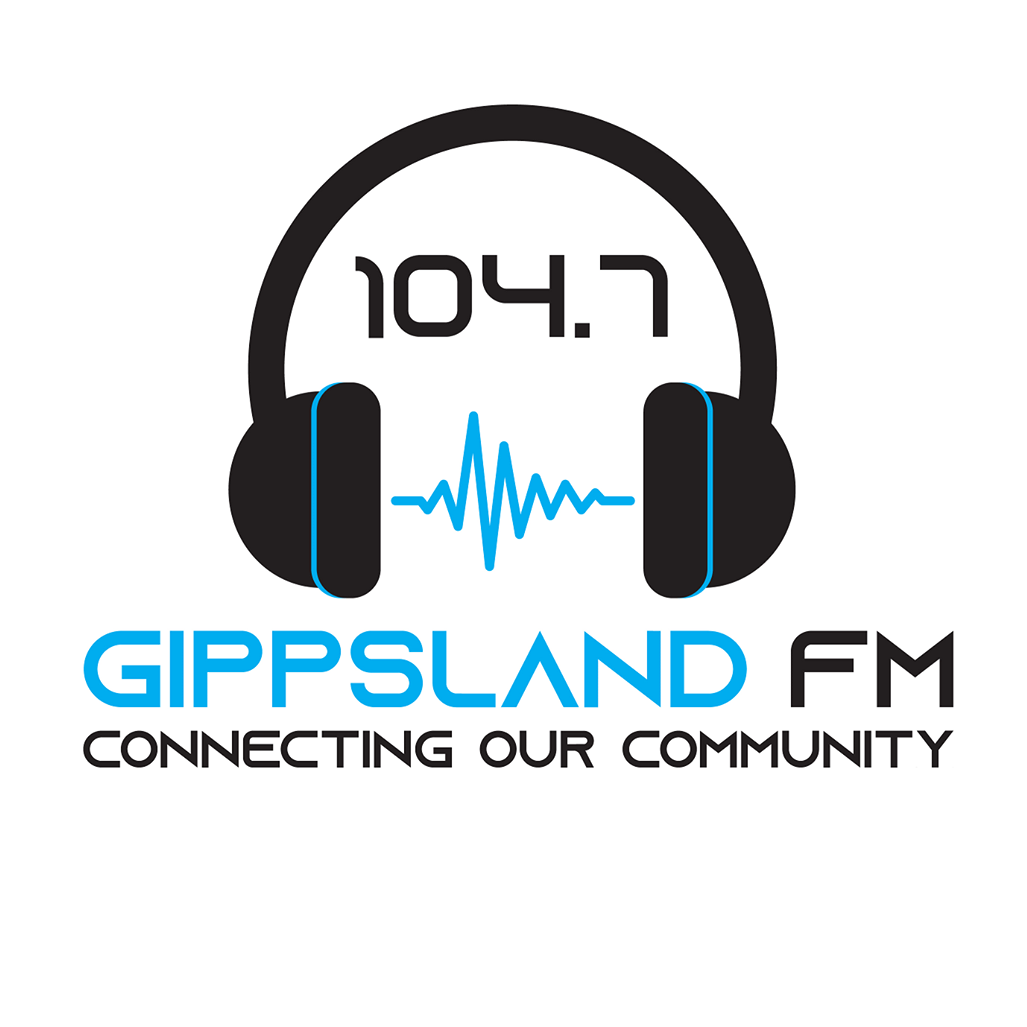
Featured
Related Services
Transcript
Tell us a little bit about ArcBlue and why is procurement important and supply chain challenges around new energy.
[Chris Newman] – No worries, good to have the chance to talk. ArcBlue – we’re an Asia pacific organisation and we focus around procurement and supply chain, so really our role is to try to help organisations – whether you’re buying organisations or suppliers – to deliver better outcomes through that process.
And I guess one of the things that’s really interesting – and we were chatting yesterday, in terms of the renewable energy sector, is most infrastructure is normally built by government – so government are normally the procurers if you like, so they’re the organisations who made the decisions, set the policy, do the buying of – so if they’re building a hospital or a road or whatever it might be… What’s different with renewable energy is that government, in most cases, is not the procurer. So they’re not the organisation who are building it – they’ve got roles to play but the procurement is being done by the proponents.
Each project is quite diverse, they’re different types of projects – so one of the challenges that creates is that they’re all doing it differently. They also have different levels of capacity and capability around procurement, because one of the things to understand is that the proponents of renewable energy projects aren’t going to be the people who are building those projects. They’re effectively bringing in head contractors and a complex supply chain to build those projects.
One of the challenges is, in the Gippsland environment, we’ve got so many potential projects – there’s complexity in the way things will be procured, inconsistency because they’re all taking different approaches, there’s not a clear policy framework, so when we think about what we’re trying to do and a lot of what we think about in procurement is how do we maximise the benefit of investment for local communities. And that’s a key question for us – how do we make sure that with this investment that happens – that the way things are going to be procured really delivers sustainable outcomes for Gippsland.
And it’s complicated – in particular the nature of the way in which renewable energy projects are delivered which are so different to the way in which we’d normally build infrastructure.
And so Chris it’s Burty here – just in terms of those opportunities, you hear a bit of cynicism out there that all of these projects are going to be built using people from out of town sort of thing, what’s your view the opportunities that exist for local communities and particularly the supplier or people in the supply chain to actually support or get actively involved in supplying to these projects?
[Chris Newman] – Yeah thanks Burty, and we’ve spent a lot of time down in Gippsland and also in other parts of regional Australia working with the organisations building these projects and working with suppliers and there are enormous opportunities. And one of the exciting things for Gippsland is sometimes when you think about these projects, you think about infrastructure projects you come in and build a road for to years, so there might be opportunities for suppliers for two years but then it dries up again. One of the things with this pipeline of renewable energy projects is there’s a long period of time where these projects are going to be built, there’s also the operation of these projects once they’re up and running.
So if we get it right, this is a really huge opportunity – and transformative opportunity for Gippsland and I think the key is – how do we help make sure that suppliers are ready?
We came down to Leongatha, Tony, last year and we were meeting with a whole group of suppliers and we went around the room and said ‘hey, is this something you want to be a part of, this renewables supply chain?’ and everyone put up their hand.
But there was also a sense of – ‘we don’t quite know where to start, how do we get ready, what do we need to do’ – and it goes back to the previous point that we have to help make sure that all of the projects are being supported and being required to make sure that they way that these projects are being built maximises opportunities for local suppliers.
And that we have a level of consistency and clarity for suppliers so that they know how they can participate – what’s coming up, what sort of things do they need to put in place in order to prequalify and be a part of these supply chains. There’s a lot of opportunity for us and the LVA and a range of partners to help support those suppliers. But we need more clarity, we need to create more collaboration – that ensures that they way that these projects are being delivered has a level of consistency and predictability, because that’s what suppliers need. If we know we’ve got a pipeline of work coming up – we know what we need to provide, we know what requirements they need – and there’s some incredible suppliers in Gippsland who are ready – to take those steps and be a part of this but we have to support those suppliers and provide that level of information and consistency is going to be really important int this stage.
How important is it Chris – because this is happening all over the world, the renewable build – and I think somewhere I read or someone told me that the ships to bring the wind towers for the offshore wind – there’s 8 in the world. So the pressures on supply chains – because it’s international, not just national, it’s workforce, and getting stuff – and probably in the scheme of things we’re a smaller player, you know if you only have to take your boat to Spain from Europe rather than across to Australia for 10, 15, 100 whatever towers… How important is the pressure internationally on supply chain and is that an opportunity for us to build some sovereignty manufacturing or to take it as an opportunity rather than a risk?
[Chris Newman] – Yeah it’s a really good question Tony, so one of the things is we tend to think about – there’s a huge amount of activity happening in Australia with renewables but it’s still – relative to other parts of the world, it’s still relatively small scale, when you look at what’s happening in Europe and what’s happening in north America.
So we’re not that attractive of a market and you think about whether it’s ships or it’s solar panels or it’s cables – there’s a whole range of elements of different products that we at the moment can’t manufacture here in Australia, or we don’t have access to – whether it’s the raw materials or the capacity or capability and so we’re reliant on important.
And again, it’s difficult when each individual project is having to do it’s own buying so we can’t aggregate demand very effectively. Each proponent’s trying to do it’s own buy – they don’t have a lot of market leverage, so it really does create some real challenges because we can set these projects up but if we can’t get the manufactured goods or the raw materials that we need then the projects won’t go – so we really do need to think a little bit differently about all that.
I think there’s a couple of things we would say, and it was good talking yesterday and I think – really thinking about what are the elements that we’re relying on internationally that we could be making here in Australia?
So this idea that you’re talking about around sovereign manufacturing, means that we’re actually building content here in Australia and we can see this pipeline but we need to think about what, and not every region is going to be best place to build everything, so we need to think… So in Gippsland – what are the strengths we can work off?
What are the things, the initiatives, the seed funding the infrastructure that’s going to enable industry to expand or to move into new areas to start to actually be able to build and actually be able to deliver on some of these supply elements?
And that takes again – planning – and because we have this sort of diversity and disparate range of different projects and different authorities and governments involved, it does make it difficult and it sort of helps us prioritise, either the planning so we can look at how we deliver build local activity, but also so that we might aggregate demand so that we can actually create some market demand so we’re more attractive so when we have to buy things from overseas.
So, it is one of those things that sometimes gets a bit below the radar but it’s actually a really important part of this picture.
Chris just in terms of what’s realistic – what are some of the practical aspects of renewable energy projects that could be foreseeably either locally or in Australia, so that we’re not reliant solely on those international supply chains?
[Chris Newman] – I think it’s interesting when you look at the different types of components that go into the different renewable energy projects and I guess that’s part of the work that we need to be doing, and that’s saying – well if you think about what some of the componentry might be in terms of solar panels for example, or some of the cable manufacturing opportunities that are there, some of the elements of transmission line projects because of course they’re so much a part of – from the Australian point of view – of the renewable energy picture – it’s not just the renewable energy itself, but how do we get that renewable energy.
So how do we think about each of those different components and work through to understand – what are the strengths within the Gippsland environment, and which particular industries and opportunities and types of supply are going to present those opportunities – and it’s a number of different areas we can go.
And I think there’s some things we’re never going to be able to supply on our own here in Australia and it doesn’t necessarily make sense to, but some of those significant areas of volume I think are real opportunities for us.
So I think cablings an opportunity, we’ve got at Rosedale there that would obviously need to do some expansions but that’s achievable. And I think there’s elements of the current energy landscape – if you think of Wilsons who’s a transformer company in Melbourne, those sorts of things – there’s probably elements of the current baseload generating landscape that could sort of transition over but I think it’s probably more those OEM type – Original Equipment Manufacture stuff . Even more, is it CRRC Times Electric that made all the converters – Yea so all those bits of add on stuff, there’s certainly bits of opportunity there I would have thought?
[Chris Newman] – Well I think the unique thing Gippsland has – and we talked about this yesterday, I was having a really interesting conversation about – how do we build off the legacy of the energy infrastructure that Gippsland’s already got?
And that includes suppliers, it includes manufacturing, it includes the skills that are in the region. And we tend to think a little bit about there was energy in the past and energy in the future, but really – what Gippsland supplied for the nation over the last however many years – has been energy. Its going to continue to be at the forefront.
So I think there’s more we can do to recognise both from a supplier point of view, but also from a skill point of view, how we can build off that legacy and that helps us to set where w should focus attention and those are some of the things you’re talking about in terms of some of the equipment etc. I think we can do more the build off the legacy of what we already have. That’s the strength that Gippsland has.
Couple of terms we hear bandied around and we’re probably going to be talking to VicGrid about one in particular is ‘social licence’ – you’ve got to have social licence but how do you define social licence – it means different things for different people – depending on how close you are say, to a transmission line or the like, and the other one is ‘social procurement’ – tell us what do they mean and are they separate?
[Chris Newman] – Right, ok – well it’s a good question and we’ve got all this sort of terminology but we use them in slightly different ways.
I’ve got an article coming out in EcoGeneration next week which is actually trying to address this particular issue and I think one of the things that you think about when you think of what’s happening with renewable energy projects – most of the investment is happening in regional Australia. Because that’s where the energy is coming from.
But with a normal – like when you build a hospital in Wonthaggi – everyone in the community understands the local benefits of that hospital. So yes, you might have to put up with building & construction work etc., but we can see directly the benefits of that for our community. But when we talk about transmission lines or renewable energy types of projects it’s a little different. Of course, there are some benefits, and we may see a benefit broadly – but sometimes it’s a slightly more complex story. So, then we think about this concept of ‘social licence’.
Social licence to operate is about establishing and maintaining the support of the local community who are then supporting and are right behind the activity that’s taking place.
So that it’s not something that’s being done despite the community, it’s actually establishing that the community is supporting, they’re participating, and the project has social licence. So that’s the kind of concept behind it.
And we often think about that in things like how are we compensating land owners, things like how do we take some of the money of the project through a community benefits scheme, and provide it in other ways to the community, we think about it in terms of just the way we communicate with the community – all those things are really important.
But when we talk to communities in Gippsland and elsewhere, what they really want out of these projects is jobs, they want economic development that really helps to change the game, they want opportunities for local businesses, they want opportunities for their children. They really want to see those things that they care about.
And so we have to make sure that the projects deliver those outcomes, because as you said Burty, sometimes there is a bit of a cynicism, ‘ah the project’s going to come and deliver all these benefits, then it comes and goes’ and you have to – we know it’s not enough to just invest in a region, you have to work in every aspect of that project to maximise the local opportunities that it provides.
And that’s where social procurement comes in. So, the concept with social procurement is simply saying – because every one of these projects will be procured, so we’re simply saying – that there’s an owner or a proponent and the suppliers that build it.
And in that arrangement, of how it’s going to get built if we incorporate social procurement – then what we’re requiring is that those projects not only build the infrastructure but actually deliver measurable impacts in terms of job creation, in terms of local suppliers but also in terms of making sure when we’re thinking about job creation that we’re actually targeting creating pathways of employment to those people who might have barriers to employment.
Because we know there’s significant unemployment in Gippsland but also significant numbers of people who don’t participate in the economy so if we’re going to drive real, sustainable legacy through these projects we have to make that the projects create job opportunities, employment opportunities, training pathways for a really broad cross-section of the community.
And that’s the concept of social procurement – it’s making sure that the way these projects are being built – because we know, and the experience we had early on in this space was in Geelong and we saw the closure of Ford and we saw Alcoa and the big changes there that really impacted on what was already a community with some challenges in terms of entrenched disadvantage, and the government said ‘look we’ll throw money at the problem – let’s invest in projects and that’s going to help solve the problem’.
But what we found was, literally, that money had very little impact – because the suppliers were driving down the highway from Melbourne, none of the people most impacted got the jobs that were being provided – so that’s where this concept of social procurement came in and it’s now built into the way the Victorian Government operates – it’s that no just that we spend the money but that the way we spend the money makes a difference.
The challenge here is – as we said earlier on – these are not being purchased or procured by government. So that means that we need different mechanism to make sure that social procurement is consistently applied in every project and that’s a real challenge and opportunity for us at the moment.
And Chris I think it’s fair to say that the majority of these projects would have some element of social procurement built into them?
[Chris Newman] – Yeah we’re definitely seeing that and it would be good to have the chat with VicGrid and the SEC for example, because we know they are looking at Social Procurement. Its really positive that we are seeing that in the ways that government are regulating these projects – they are looking to incorporate social procurement.
I think the challenge is, it’s still inconsistent and because these projects are regulated in different ways by the Federal Government in some cases the Australian Energy Regulators roles, it’s still inconsistent.
And what we need, going back to what we were saying before, we need predictability. So, every one of these projects, Tony, so one of the projects we’ve worked on the Gippsland Procurement Power Initiative has been around trying to make sure that we have a consistent, predictable approach to social procurement built into every single project. Which means we can make sure that every supplier knows, part of delivering these outcomes in Gippsland is going to be providing opportunities for employment, working with local suppliers etc.
That predictability in creating a more consistent policy situation I think presents a huge opportunity for Gippsland, and there’s definitely good signs coming from government and others but I think it’s still a bit messy.
Tell us a bit about – and I’ll call it The GiPPI because it’s easier to remember – tell us a bit about it. There was a seminar a couple of weeks ago in Sale that was run by the Social Enterprise Network Victoria that talked about it and there was a great slide that had the overlap between social procurement and I think it was your slide Chris so I’ll give you credit there – and – community benefits sharing and the such, so explain a bit about the GiPPi and why that sort of work, and there’s some work you’re doing now in the entry level positions and stuff for the federal government, but why is that important and what’s the view of industry and the proponents in this space as well?
[Chris Newman] – Yeah thank you Tony, and I think what’s important and one of the things we hear from proponents is that there’s a lot of positive messaging and a lot of people with the desire to do the right thing and the people putting these projects together recognise the importance of delivering these outcomes for Gippsland.
But it’s challenging for them to do it on their own. And it goes back to what we said before, some of them haven’t got huge amounts of capacity, they’ve got to deliver these complex projects, it’s not like when Government procures a project and they’ve got big teams of procurement people – so we’ve got to do everything we can to enable those proponents to be able to deliver this effectively.
You think about some of the challenges we talked about in terms of being able to understand the local supply chain and in terms of being able to get the right sort of suppliers in the door. Or to be able to ensure they can drive local employment outcomes they need to establish partnerships with TAFE and other organisations, there’s a lot of activity that needs to happen and the idea with GiPPi was to create a collaborative group and structure that actually means we provide once place where we can provide central support to the proponents and to the suppliers in a whole range of different ways to help them to be better positioned to deliver the outcomes that we’re all seeking.
So one of the examples that you mentioned at the moment is what we’re doing is that we are talking about how do we help people with barriers to employment to get into this kind of renewable energy work. So one of the pieces of work that we’re doing at the moment is mapping all of the types of roles that are going to be established through renewable energy that have relatively low entry level requirements, in other words, finishing secondary school , Cert I, II and III below.
So that we can really map out where are those types of jobs, what qualifications are needed, how do we create a workforce of people who perhaps for various reasons might have barriers to employment or haven’t completed some of their education or have other challenges – how do we make sure we map out what jobs they might be able to get, what support do they need, and then be able to work with the people doing that employment to actually create these opportunities and create those sort of pathways.
And by doing that once we can help all of the proponents and the partners who are working with those proponents, rather than relying expecting every proponent to be doing all of this work on their own. And that’s really the concept behind GiPPi – it’s to create a vehicle that really supports – and not just tell people ‘this is what you should do’, but actually help them do it.
Yeah I think it’s interesting talking about jobs because up until now, we’ve been very focused on those sorts of roles that require some sort of tertiary training whether that’s through TAFE or university, and I think it’s really refreshing that we’re now starting to talk about roles from a very pragmatic and practical perspective around well, what sort of roles are they and what tickets might be available. Chris just in terms of, the work that GiPPi’s doing – and it’s a fantastic initiative and I think it’s really great – but ultimately, who has the responsibility for making sure that we’re being collectively efficient when it comes to building all of these renewable energy projects because part of this conversation, one of the things that’s hit me between the eyes is that there’s all these projects and all these proponents and some of them are big and some of them are small and probably most of them don’t really know what they’re doing – how do we help them deliver the sorts of things that communities are expecting, particularly around social procurement?
[Chris Newman] – It’s a really good point Burty, and as the rubber starts hitting the road, as these things start to get built, this is where we really need to get into the nitty gritty. And actually to directly provide – to work with the proponents and understand what they’re going to need, when, what types of suppliers, what jobs are going to be created when, and not just do that for individual projects but do that collectively. So we can start to then make it as easy as possible for the suppliers to know what they need to deliver when, to try to create standard prequalification requirements across the proponents, so the supplier sets themselves up to win and be ready for one project and that means they an be ready for all of them.
They’re not having to respond to 100 different requirements – that makes it easier for suppliers to participate – then we have the programs put in place that actually help the suppliers be ready – so we’re not just expecting that to be something they can just click their fingers and do, and then we’re really taking that same mindset into the employment side so we get into the detail and we’re actually working to help make sure that the supporting organisations in Gippsland who are actually helping people get ready to be employed or building the skills.
And it’s both, obviously we want to encourage the tertiary skills and that participation, but as we said we need to make sure we think about the whole broad cross-section. So, it’s really about doing that next level of detail work but focus on finding ways to do it together and to recognise that – at the moment I do feel that everyone’s trying to do the right thing, so there’s a real positive attitude, the problem is, the supporting mechanisms aren’t quite there yet to make it happen.
And I think that’s really where we need to put our attention is to get past the ‘yep this is all really important and it’s a good idea’, we need to work on these really specific opportunities to make sure, because there’s always an assumption with this stuff that it’s going to just happen, but the trend is that it just doesn’t.
And we’ve had projects before that go on and that won’t deliver the kind of benefits, and we’ll look in ten years and go well hang on ‘why did we miss that opportunity’, so I’m just really conscious that now is the time to be doing this work and to be getting to that next level of detail, but take advantage of the fact that there is good will and people are wanting to do the right thing.
We don’t want the train to leave the station.
Chris, we’ve only got a minute or so before the news, and this probably a big question – do you think we understand that this is a once in a hundred year or once in a generation opportunity because we’re transforming a fairly substantial energy market that was built over a hundred years ago, I think it’s a hundred years this year wasn’t it Burtie the first Yallourn power station? Do we understand that this is the first roll of the dice, once in a generational chance that we shouldn’t squander it?
[Chris Newman] – I don’t know, but I think we’re getting there? This is new to all of us, it’s new to Gippsland, it’s new to the Victorian Government it’s new to the Federal Government, it’s globally – I think we’re just catching up.
And then there’s people like us who are working in it every day. But there’s also a broader community out there that’s not seeing it or thinks it’s ‘just another thing’, so I think there is a fair bit of work to do around education, but it’s also got a sense that we’re still getting our head around it and I think we need to keep on working to make sure that we really understand that and the stuff that you guys do on the radio and everywhere else makes a big difference so great opportunity.
Thanks for talking to us this morning Chris, I’m sure it won’t be the last time we have a conversation around the supply chain – because this is the bit that no one’s talking about and like you said it’s a global one so thanks for talking to us this morning. We’ve been talking with Chris Newman, the Managing Director at ArcBlue about supply chain, social procurement, social licence and to give a plug what’s the article?
[Chris Newman] – Ecogeneration -The Critical role of Social Procurement – out next week.
Next week so keep an eye out for that, looking forward to that – so thanks for that Chris!
KEEP WATCHING







